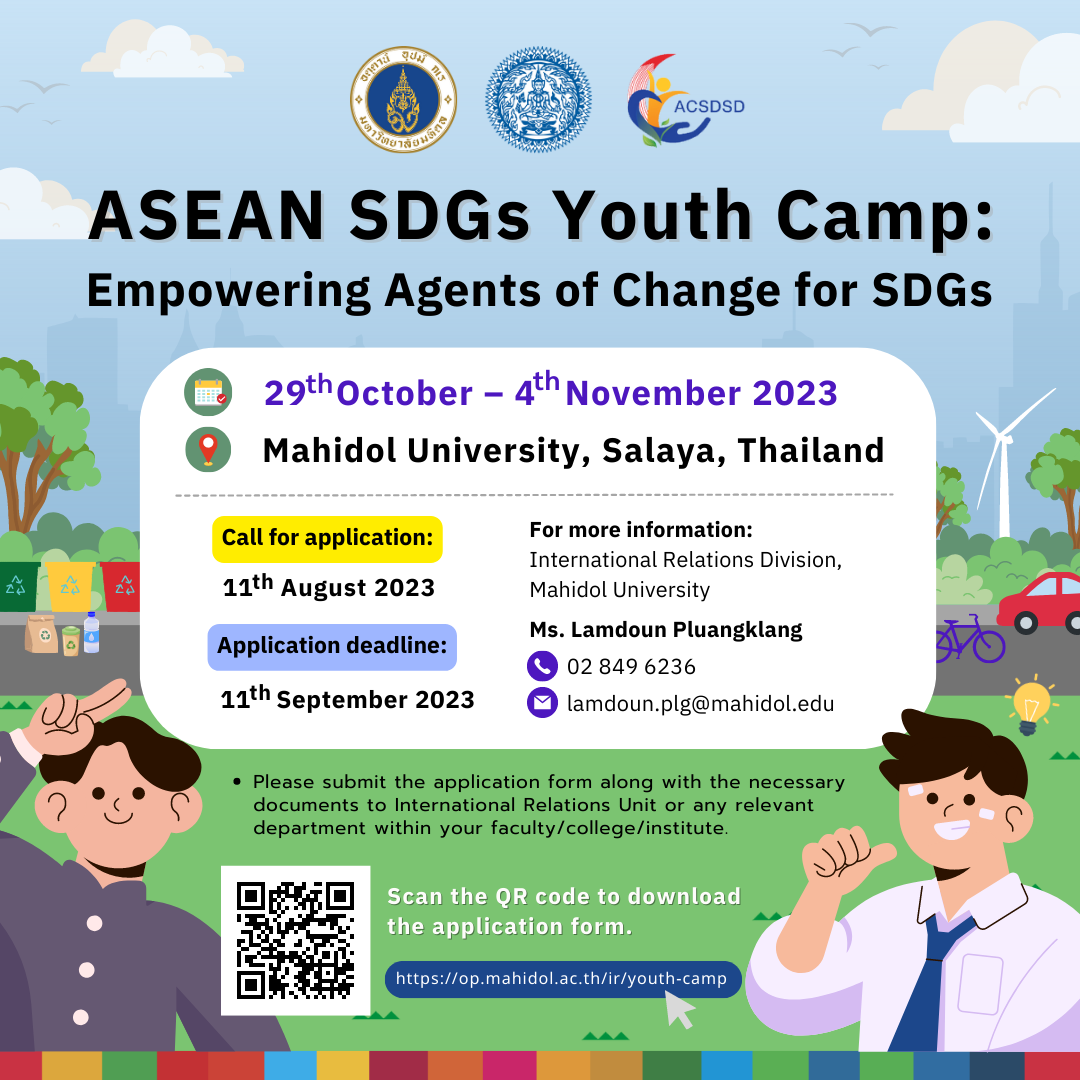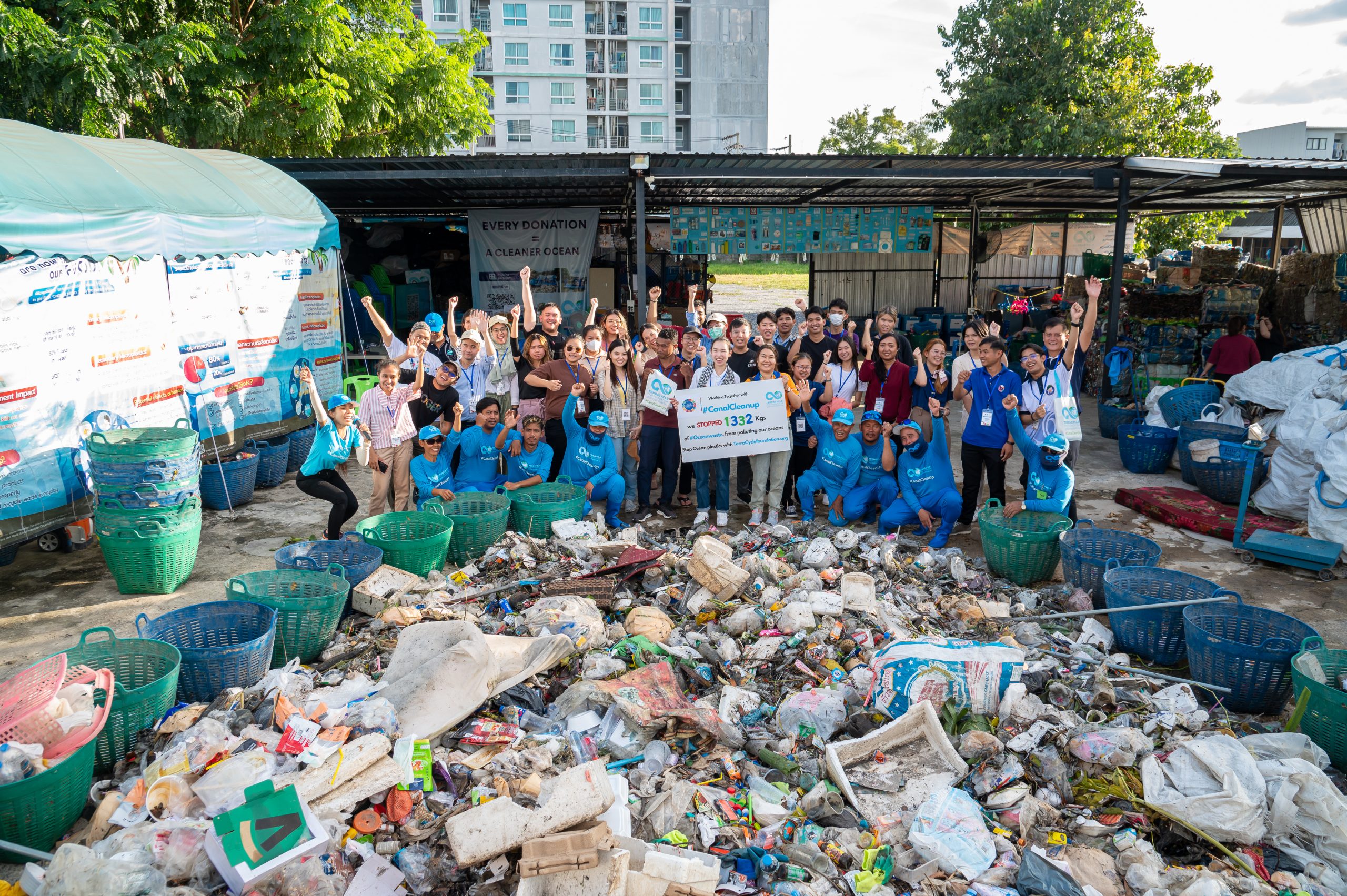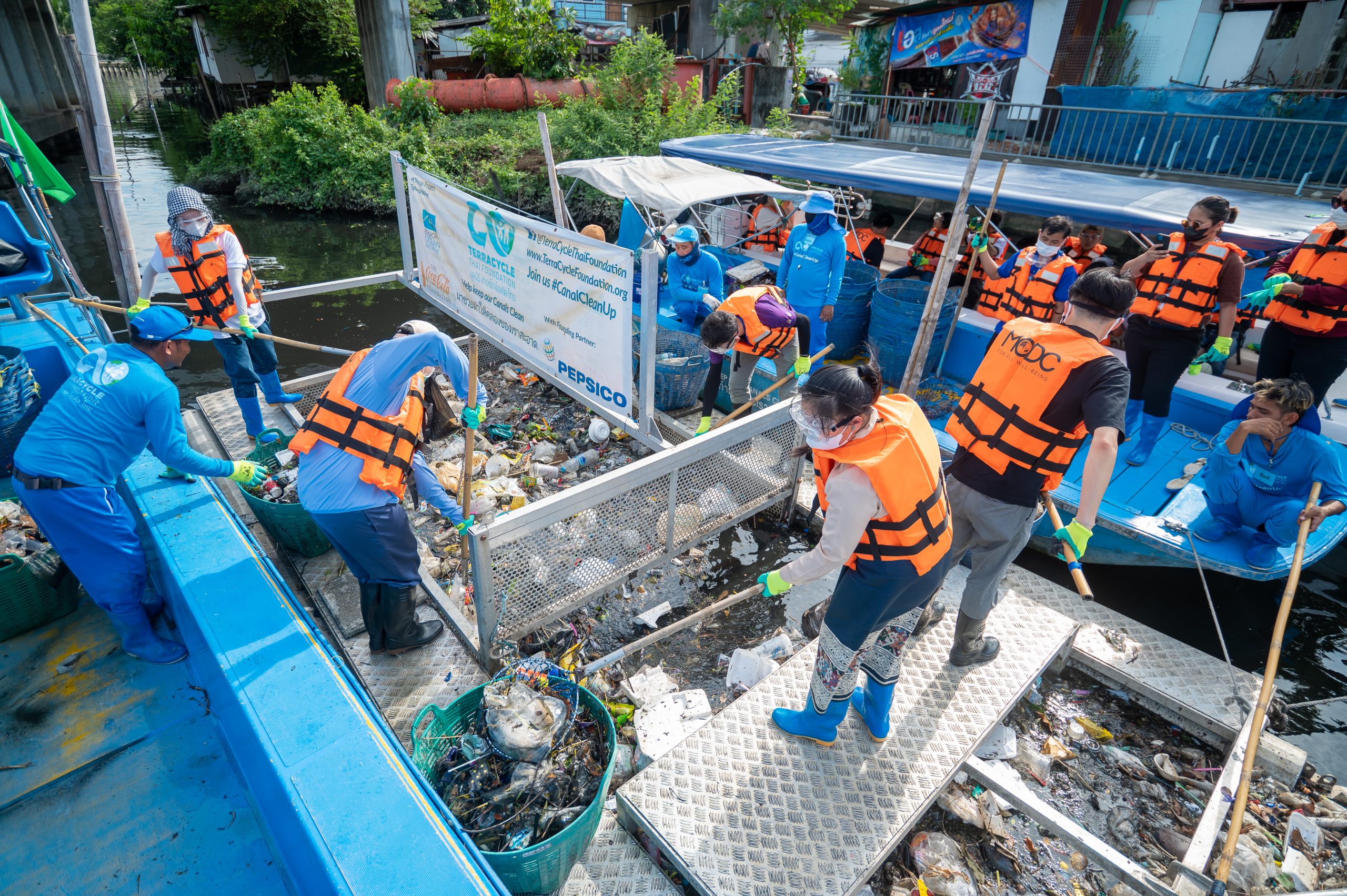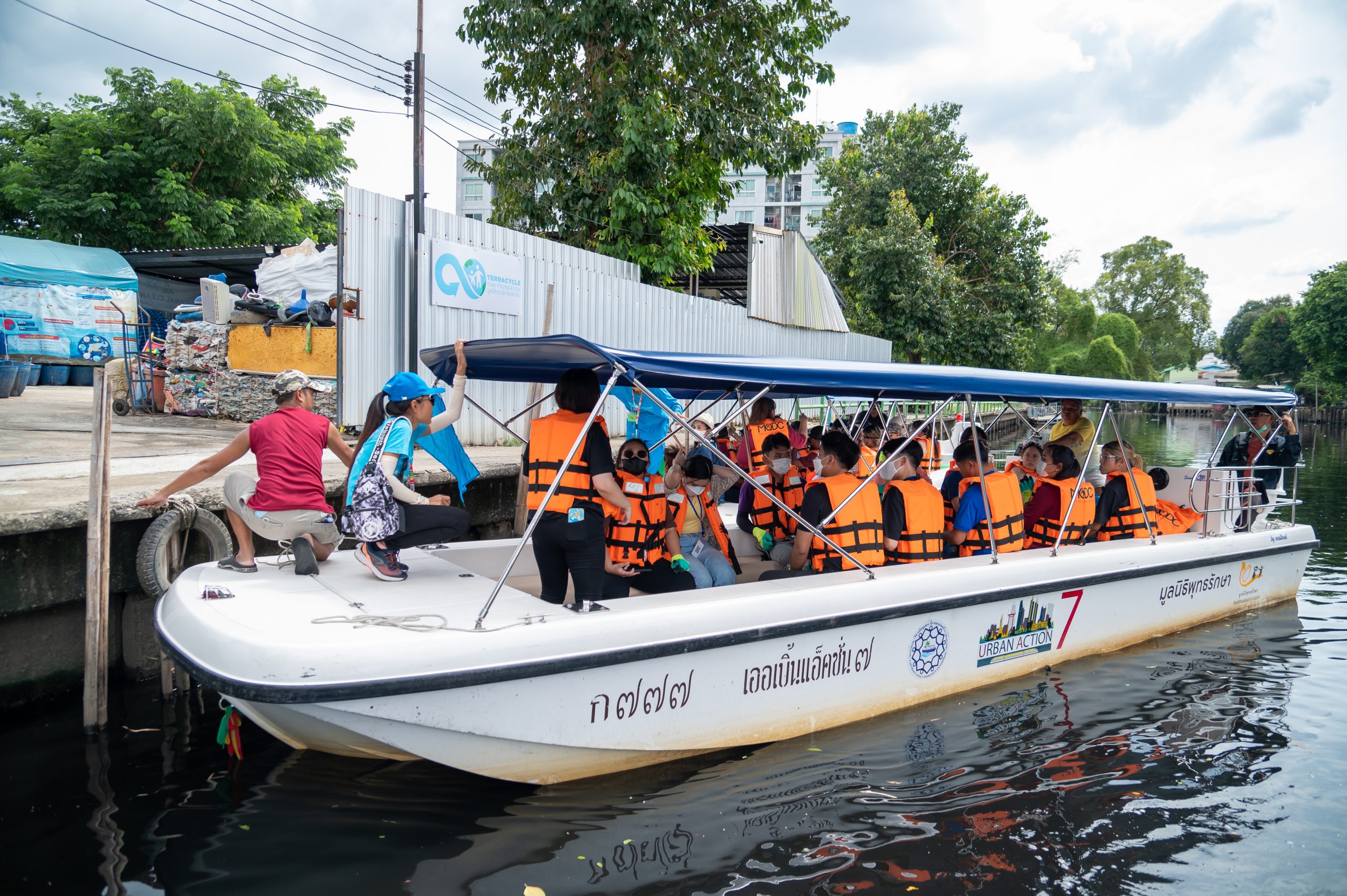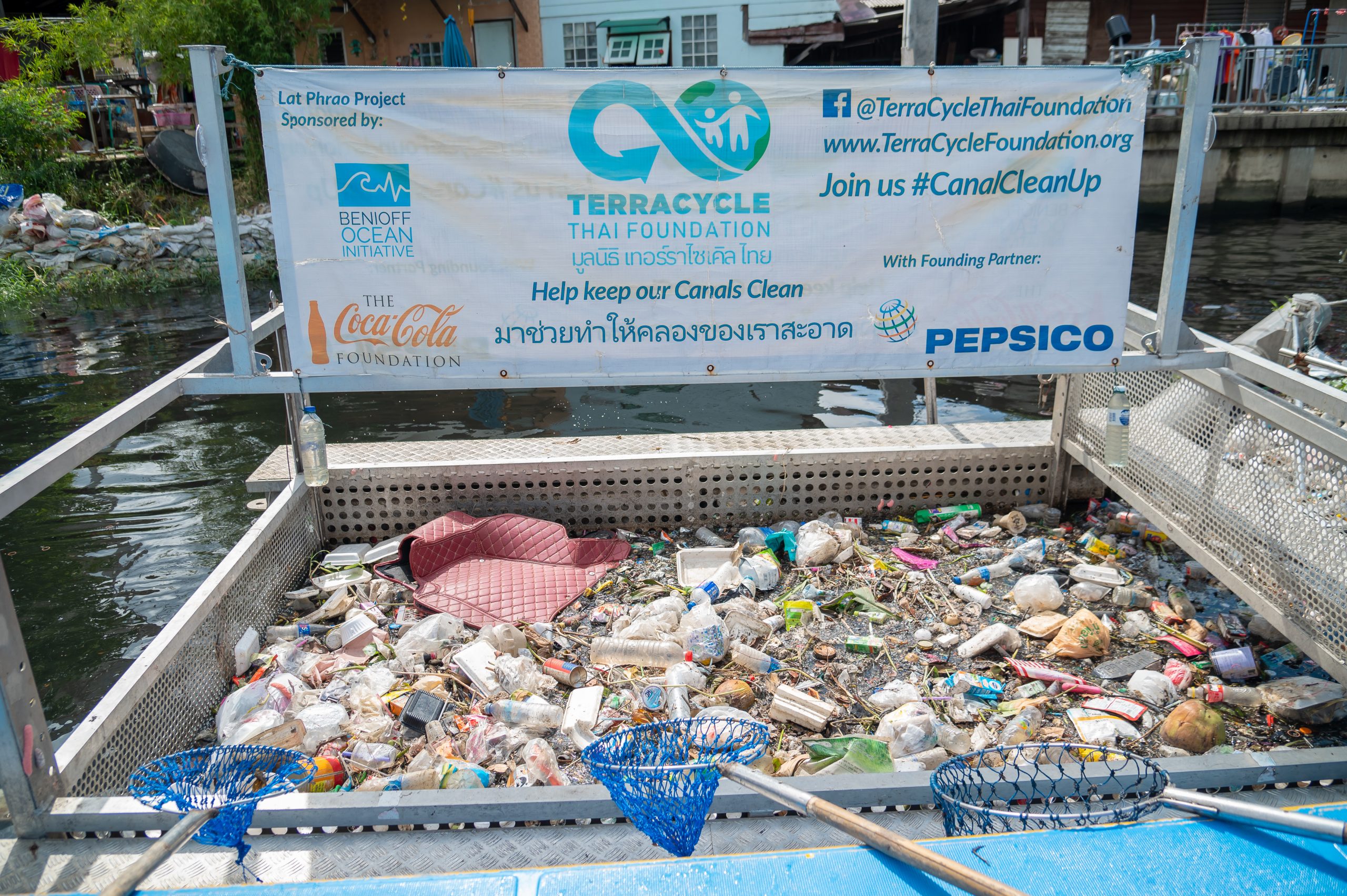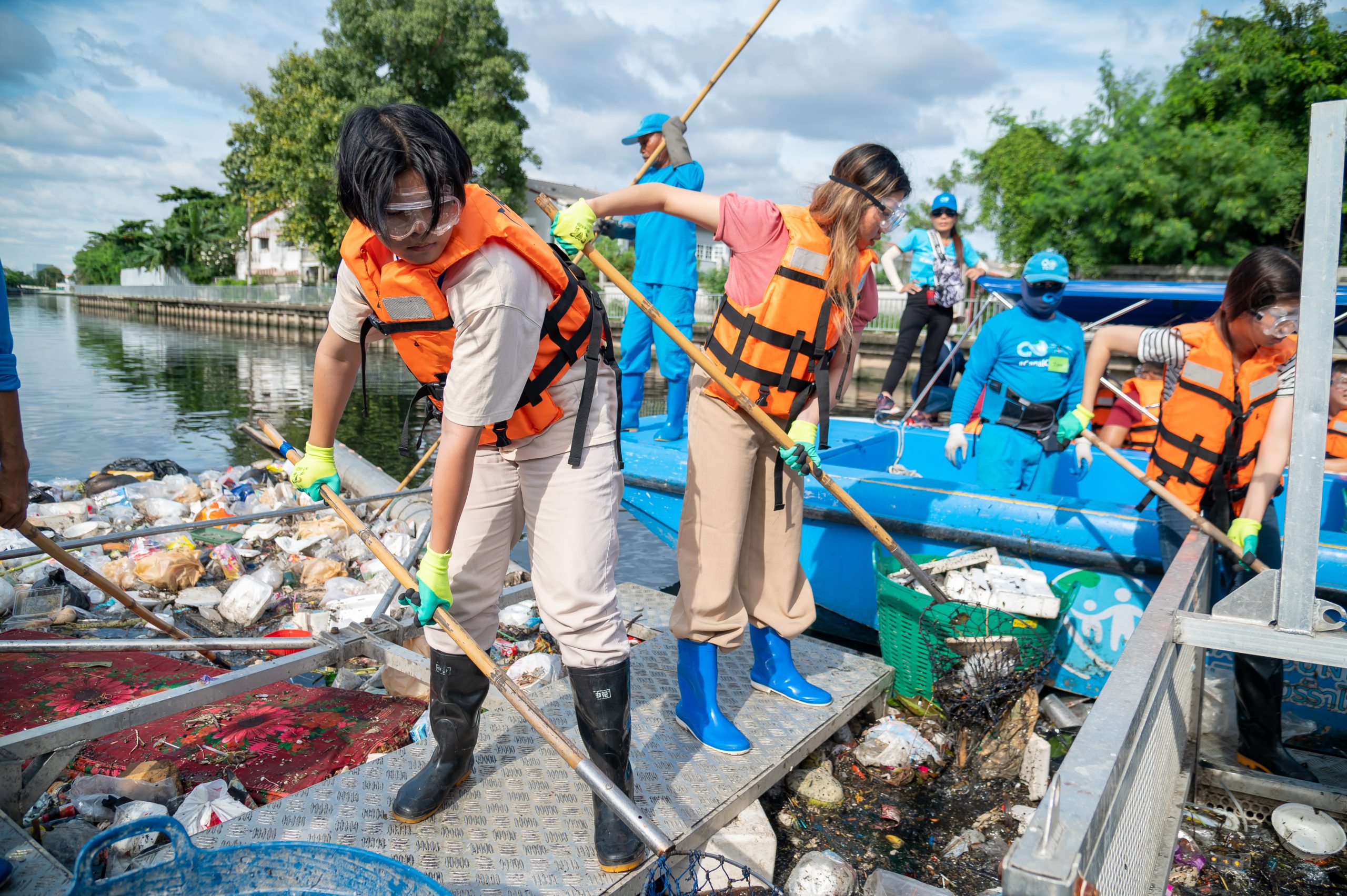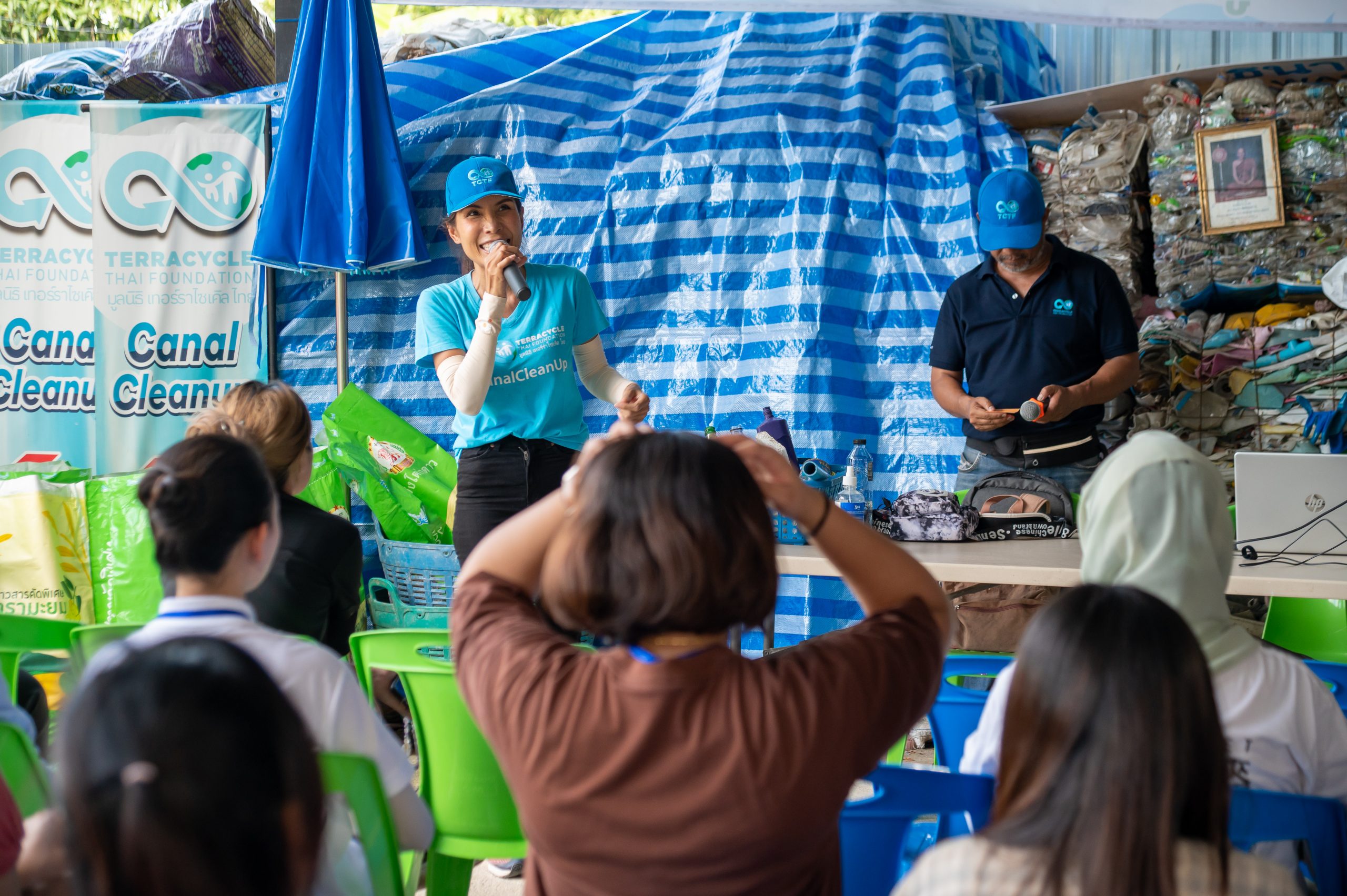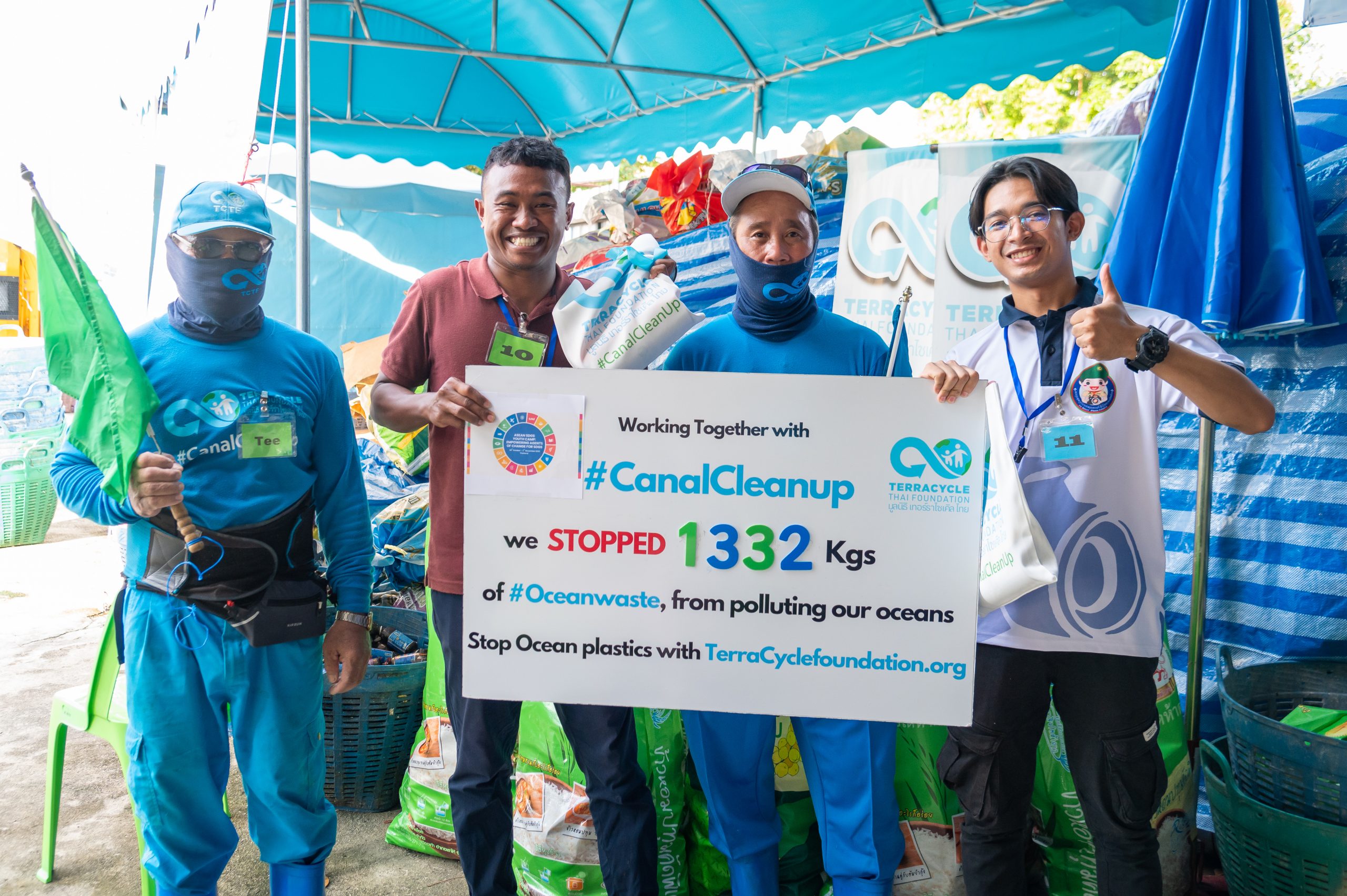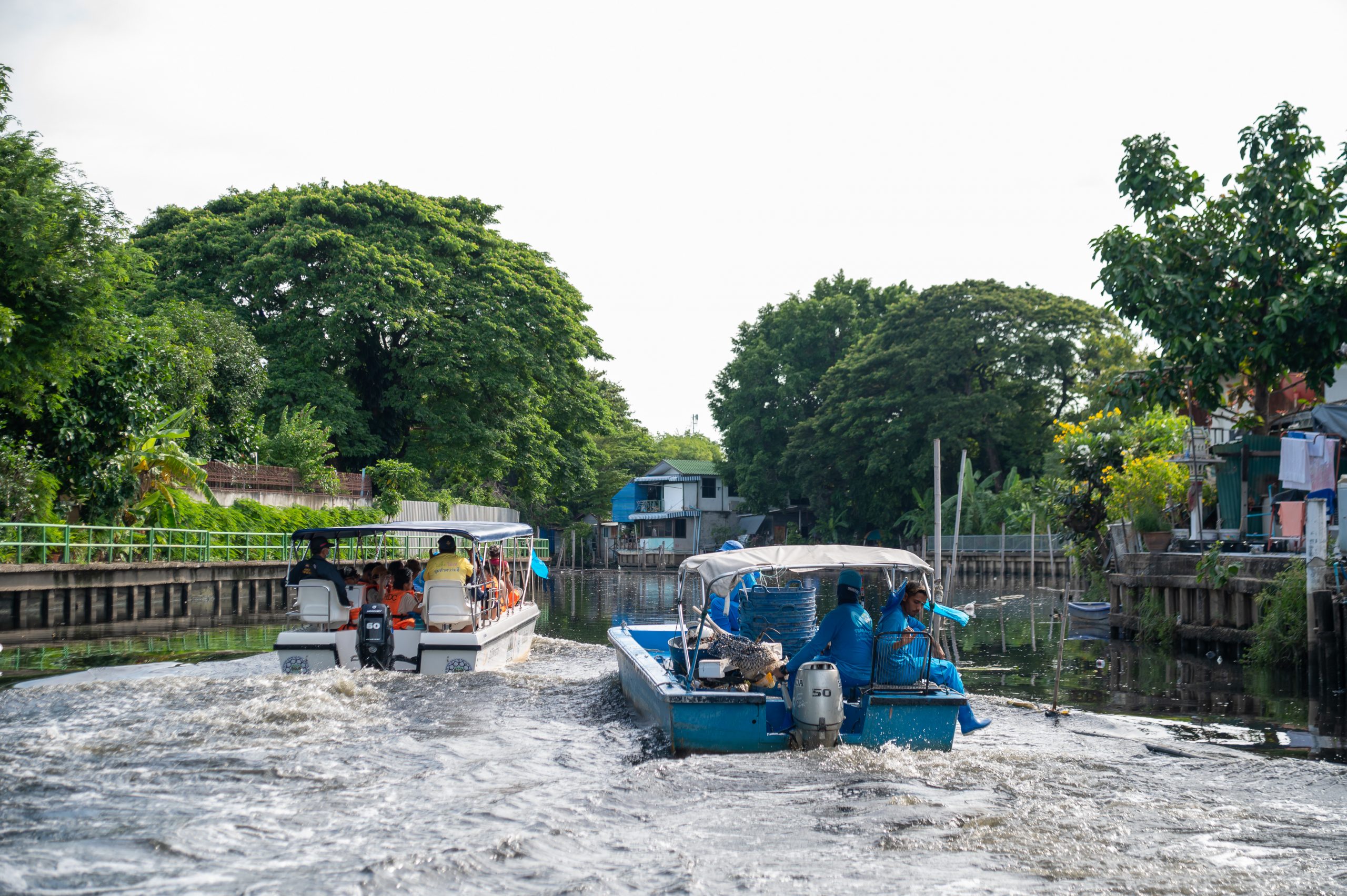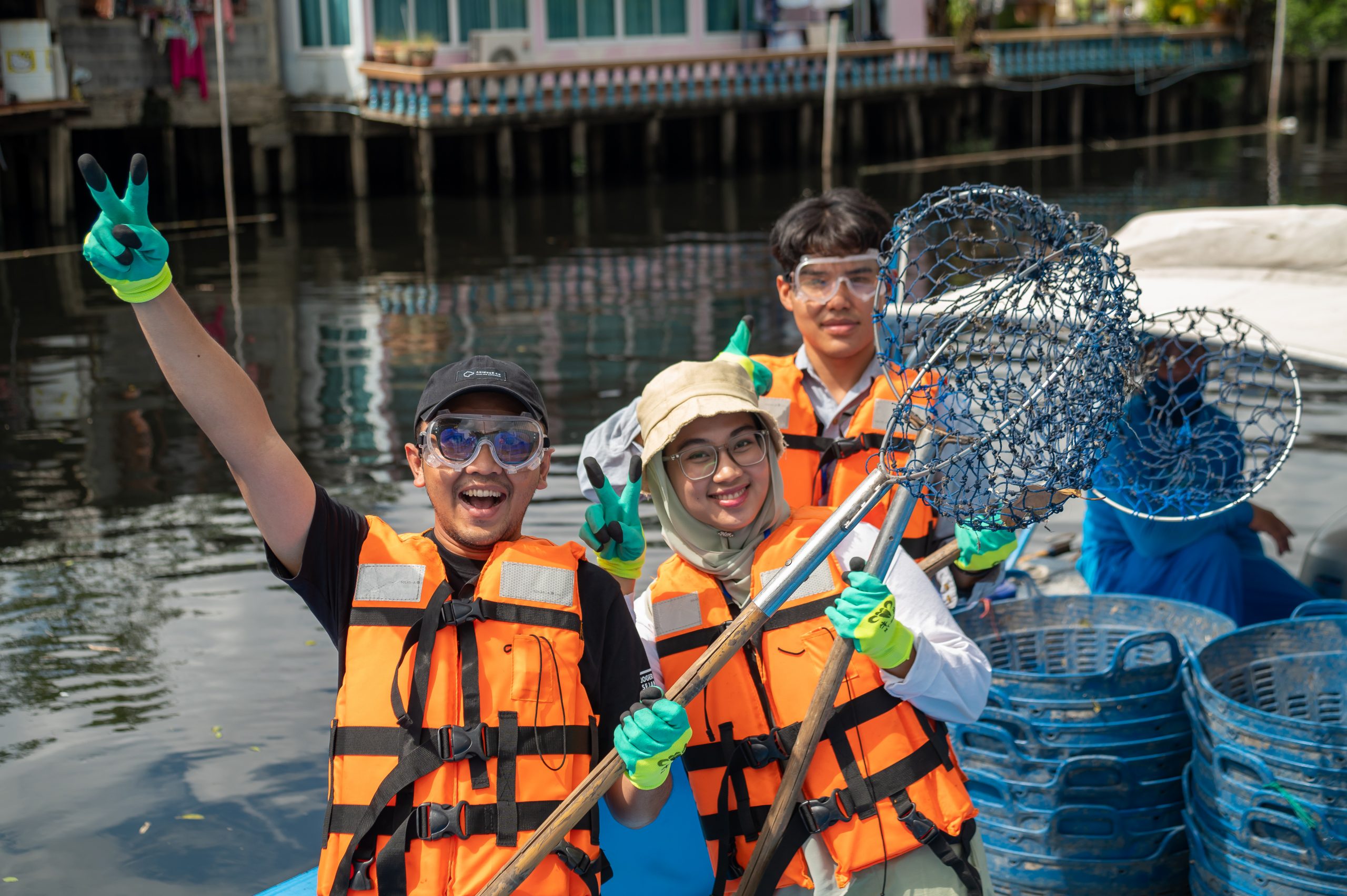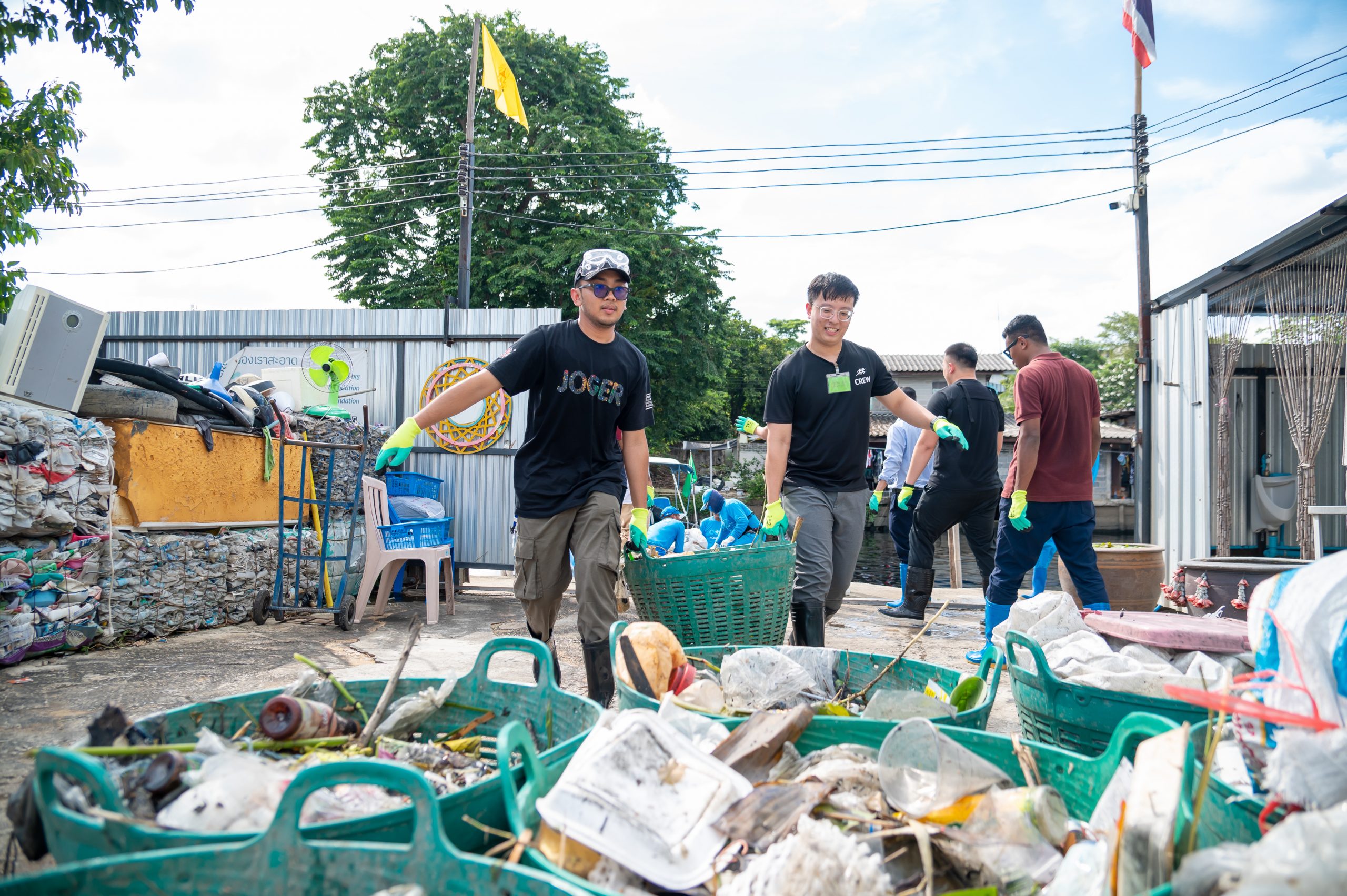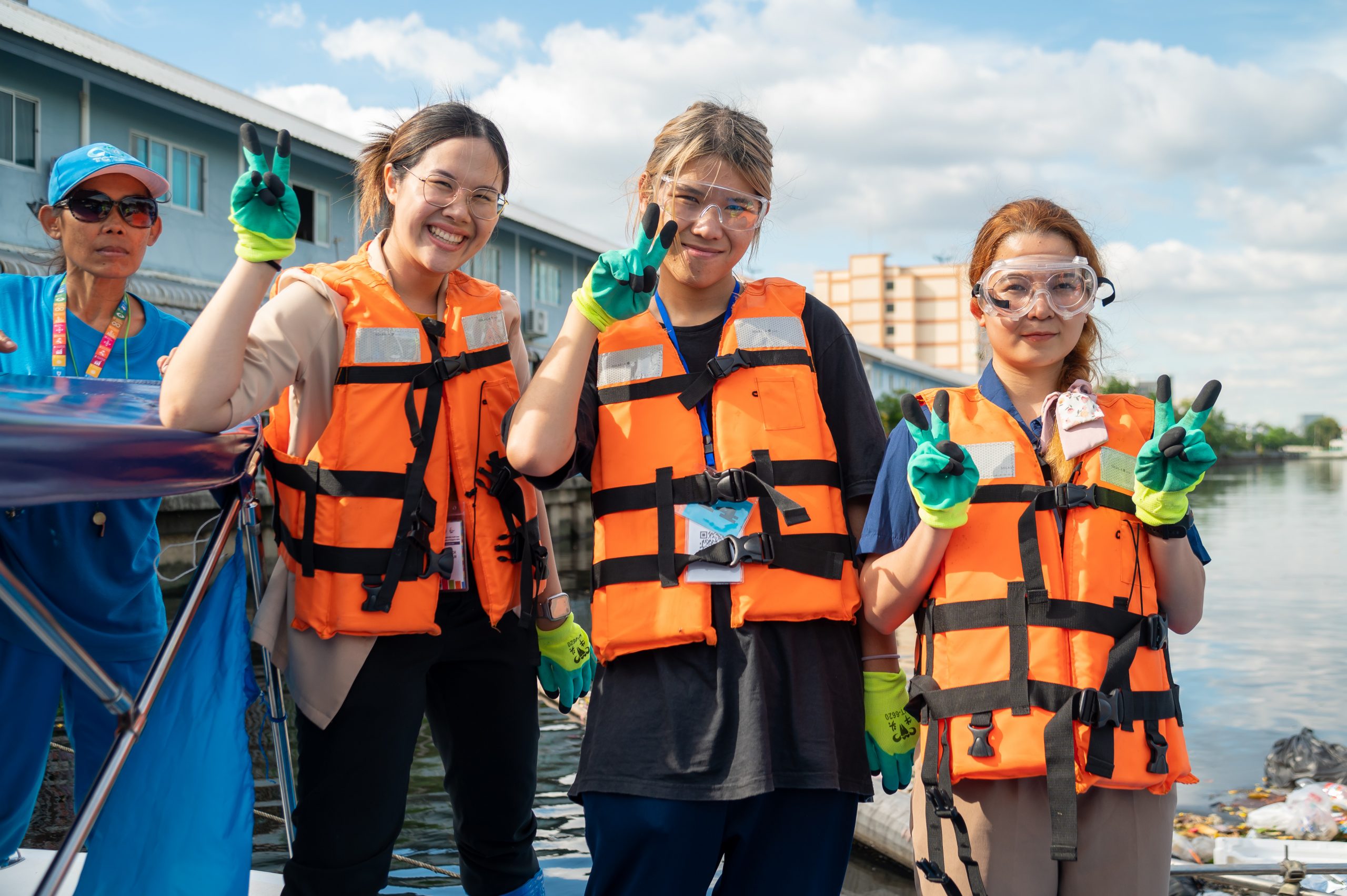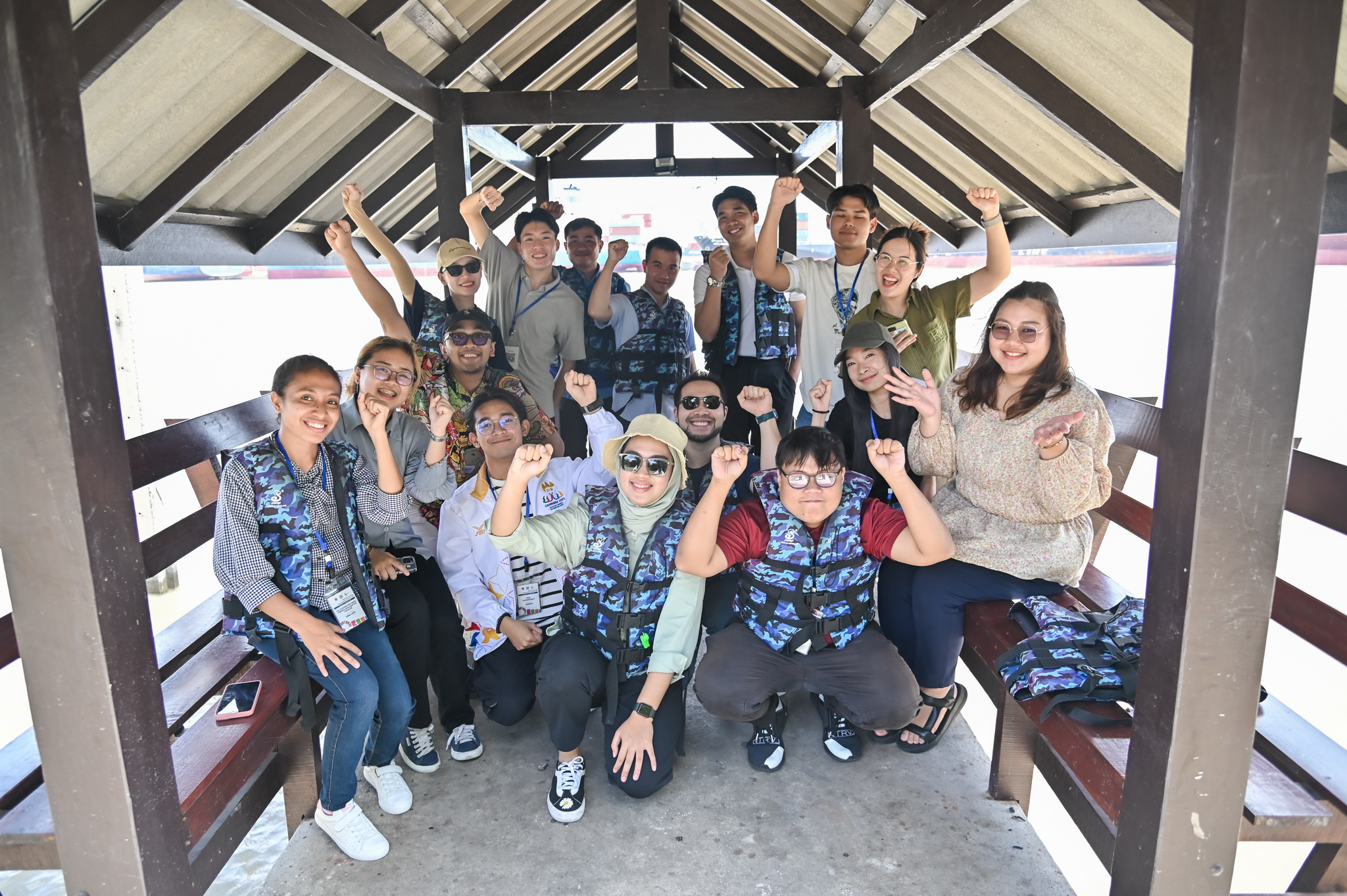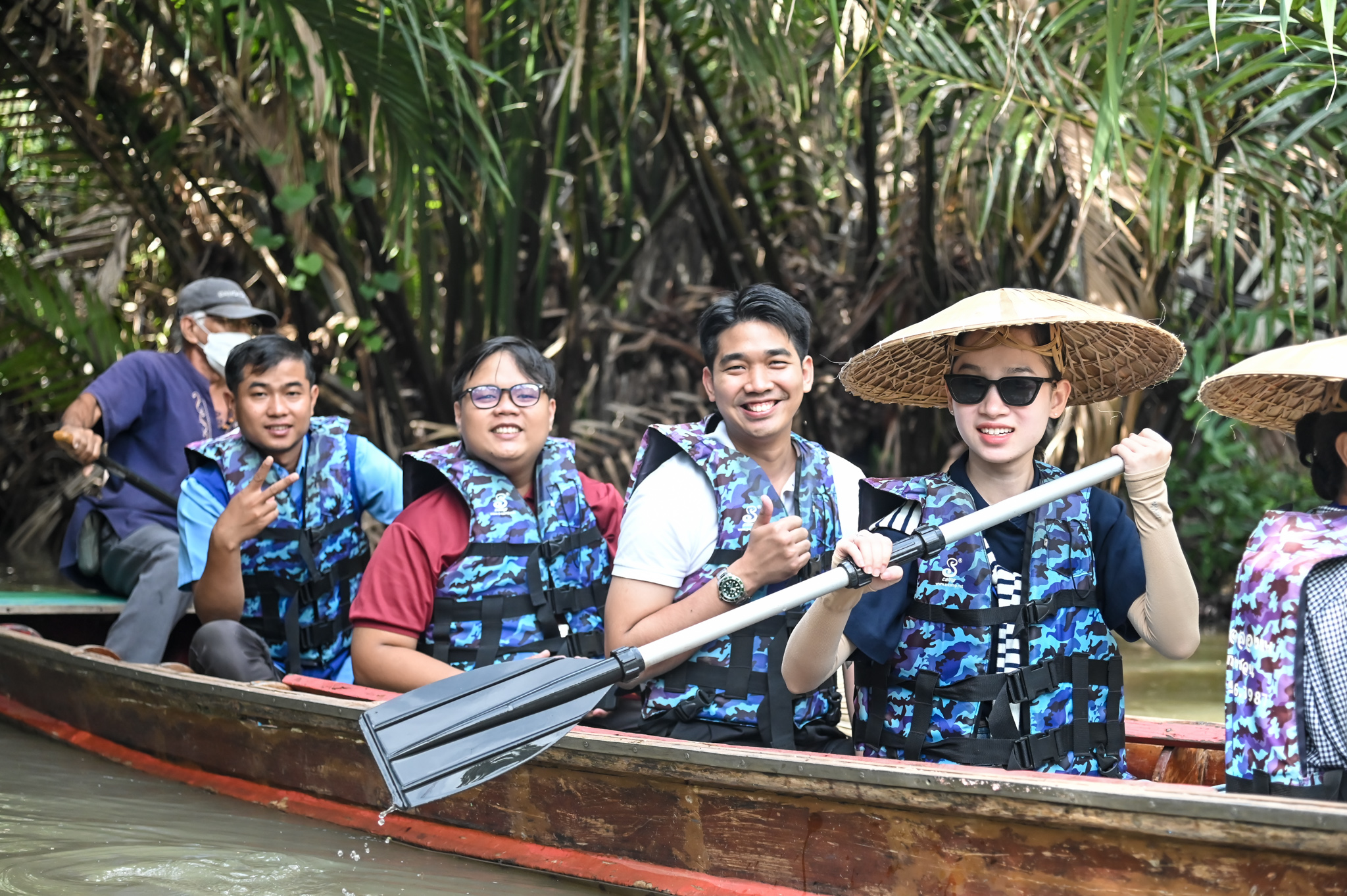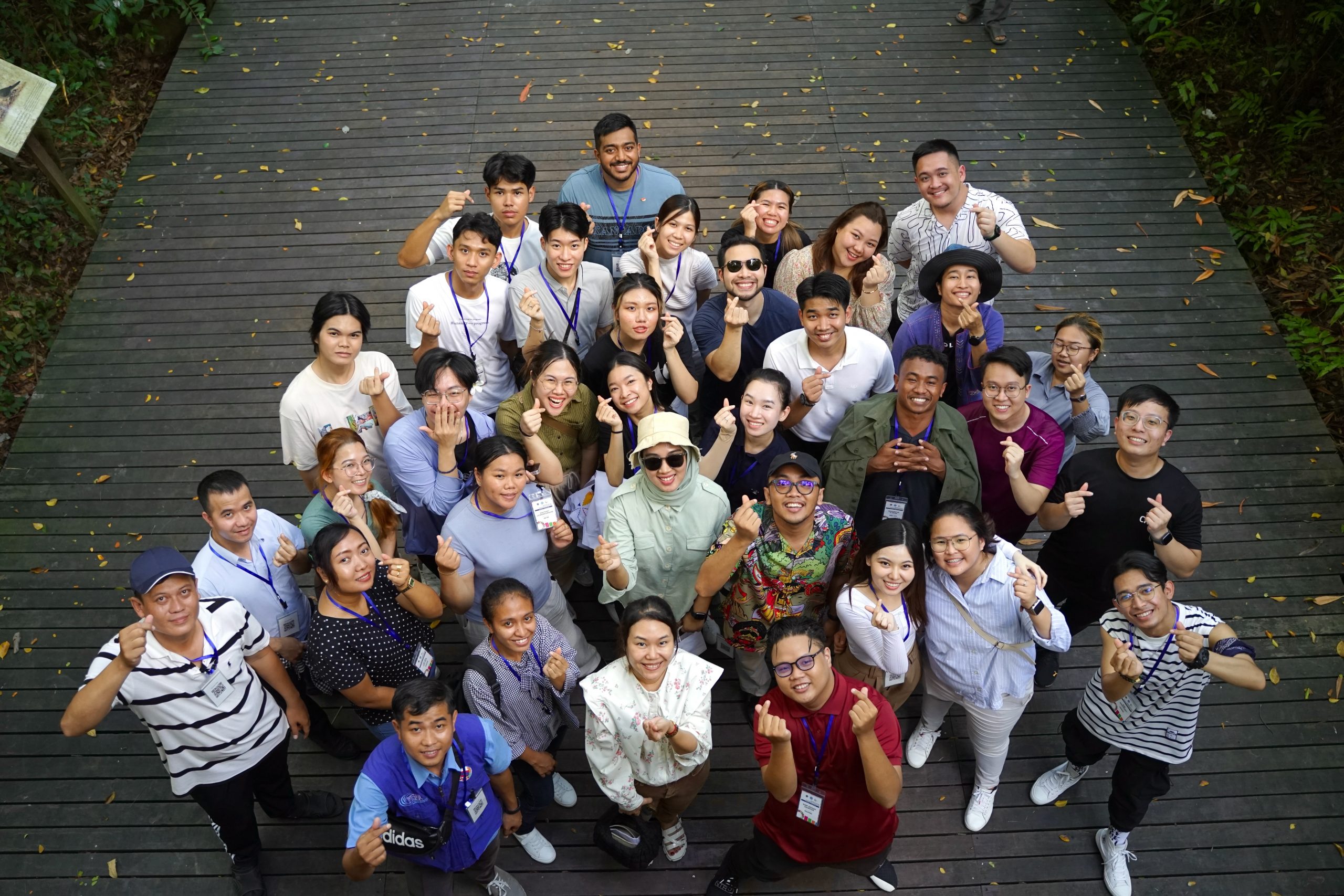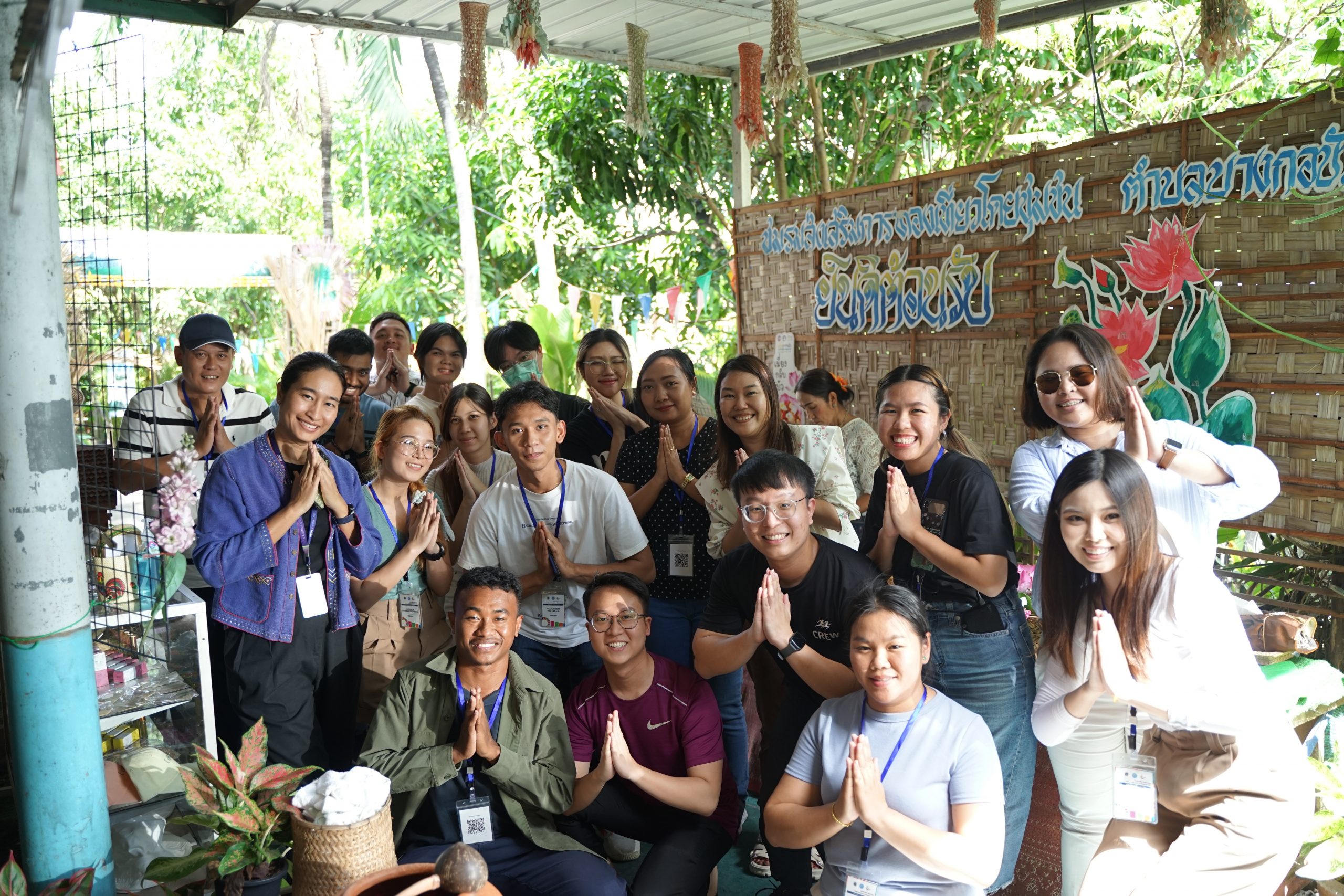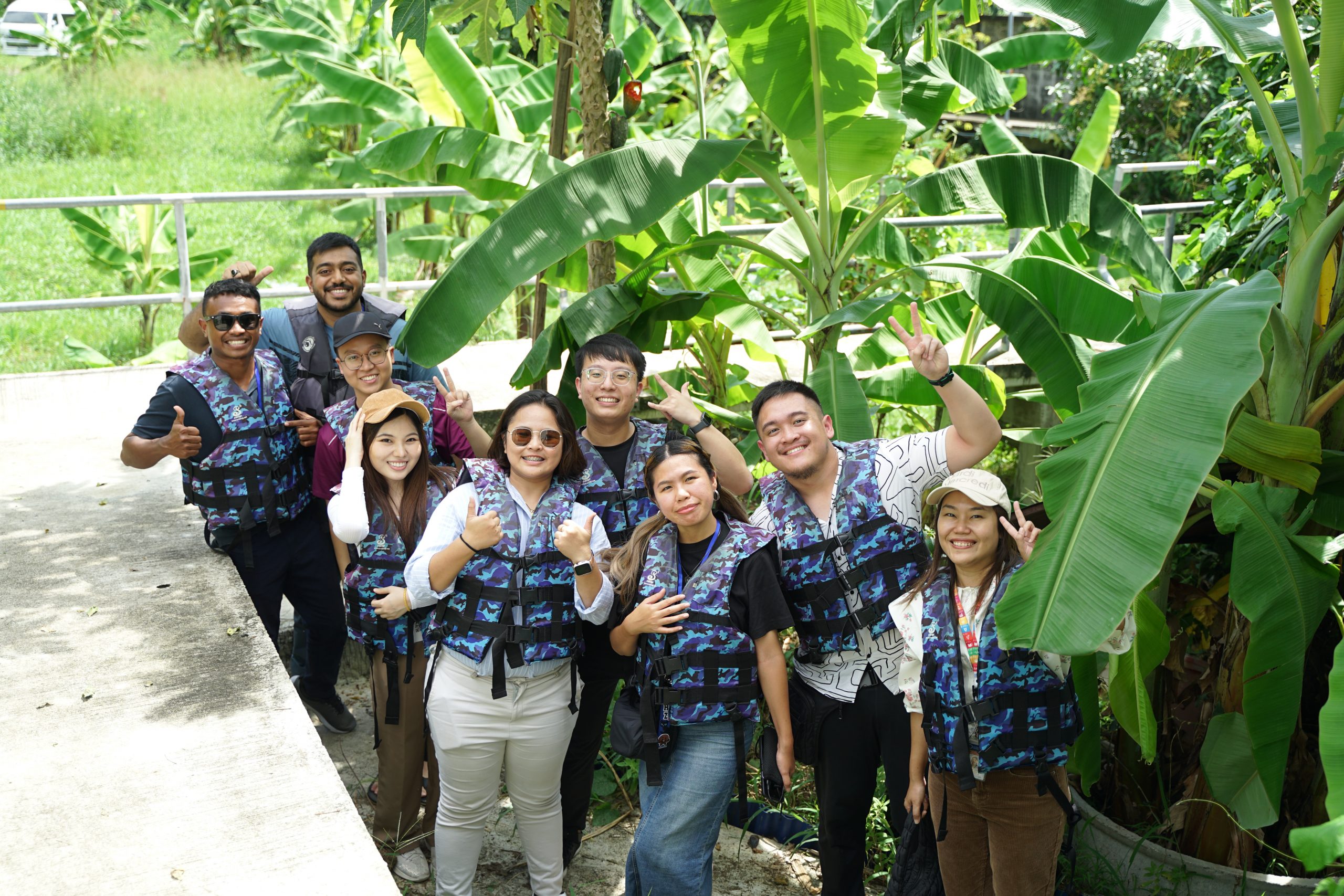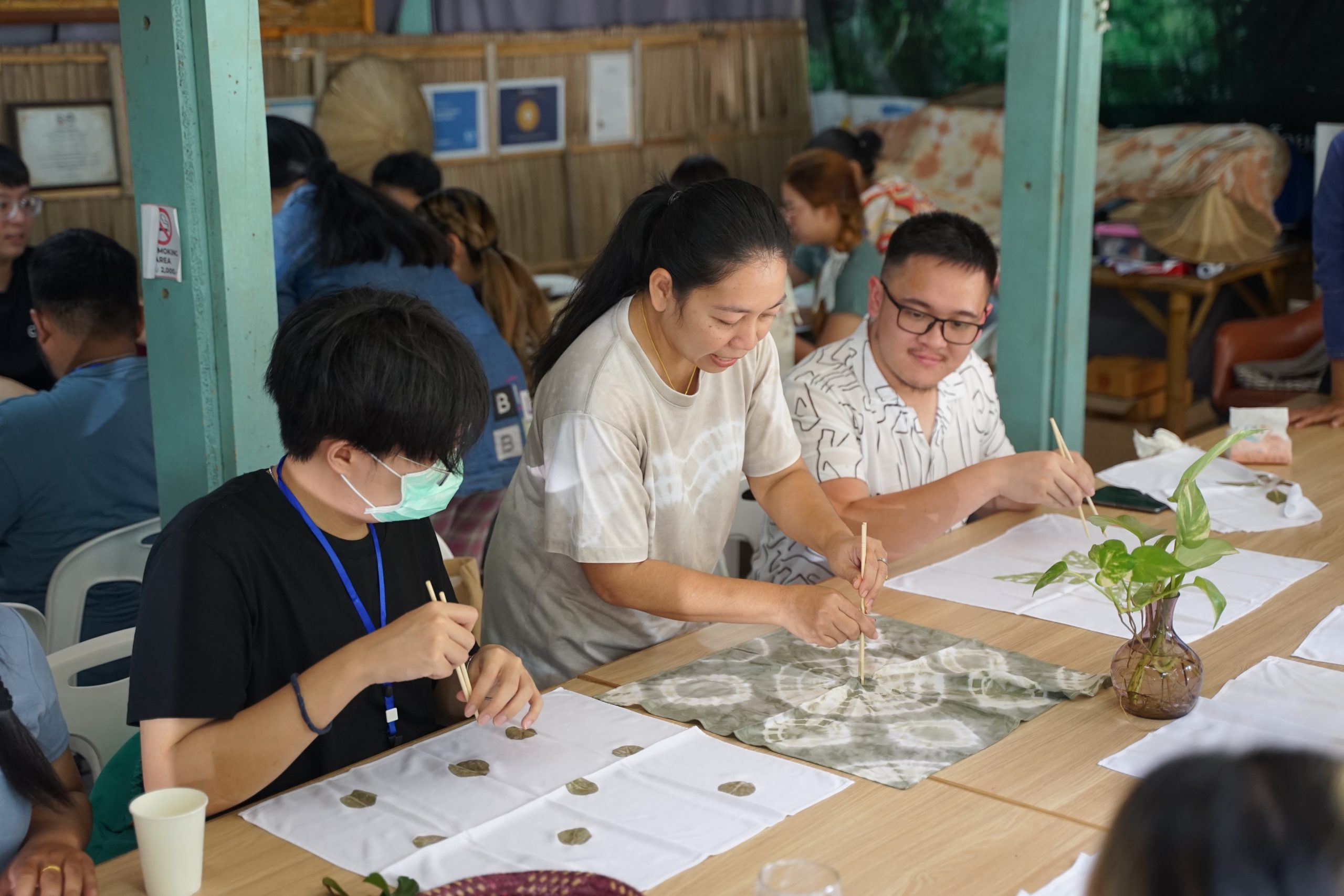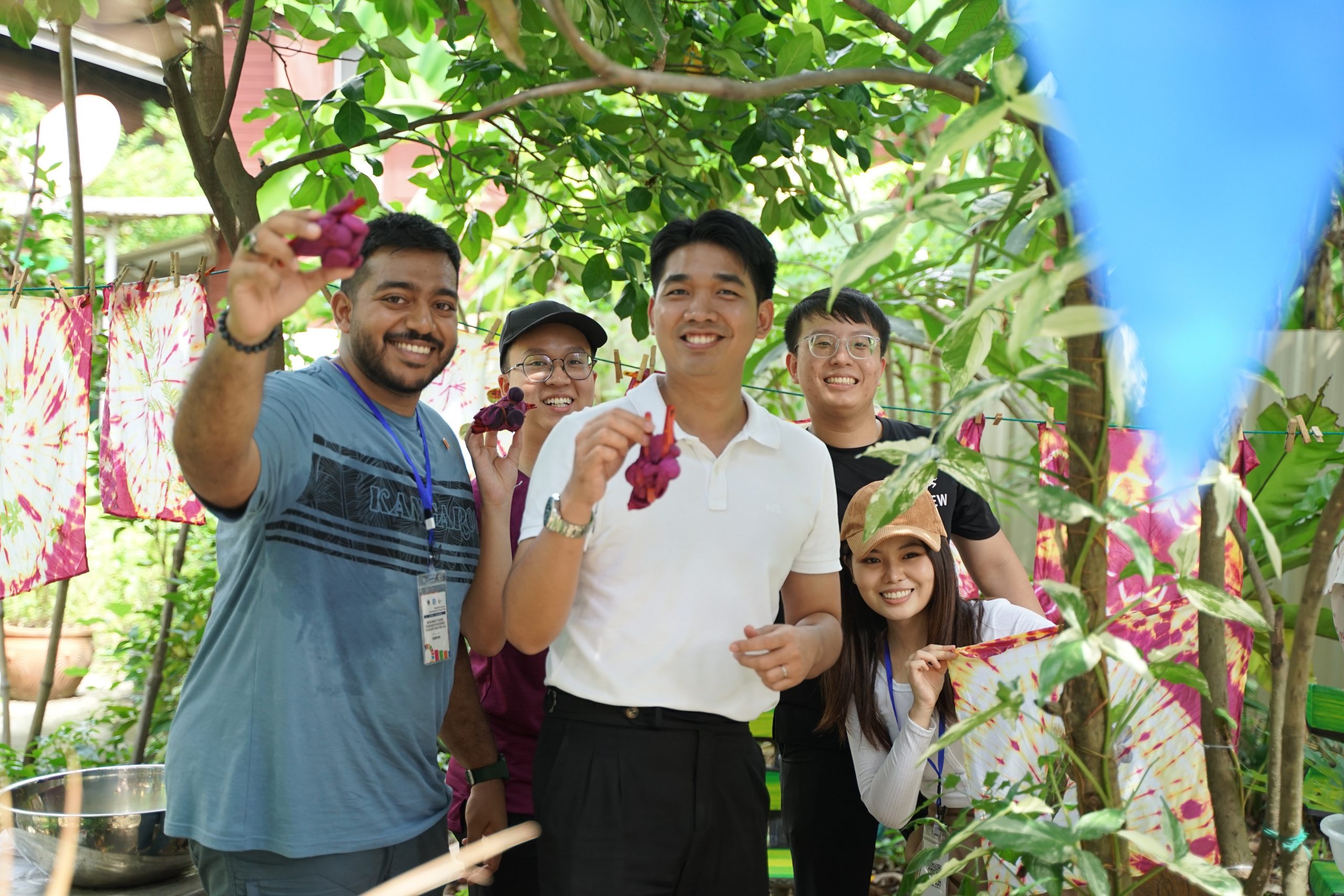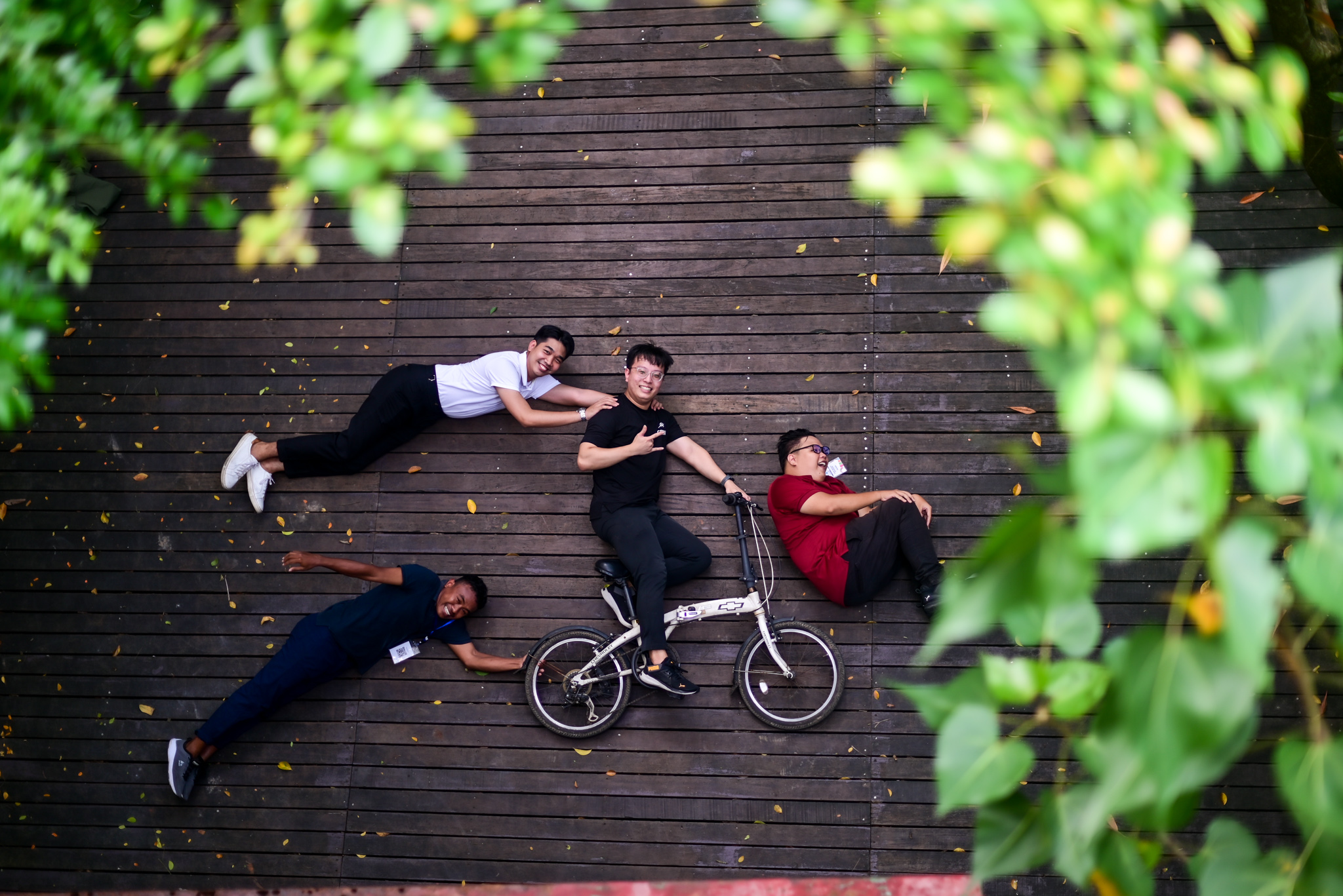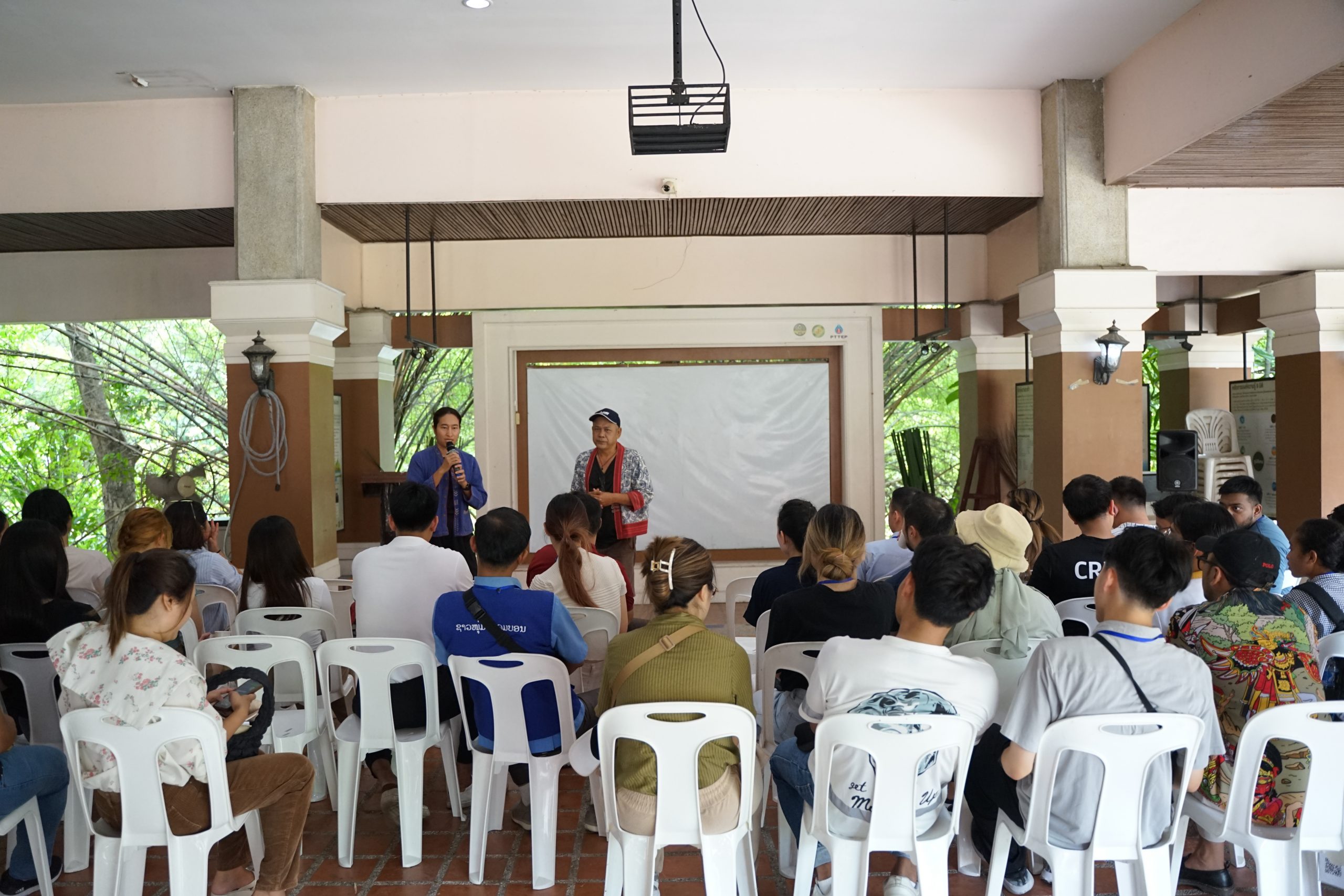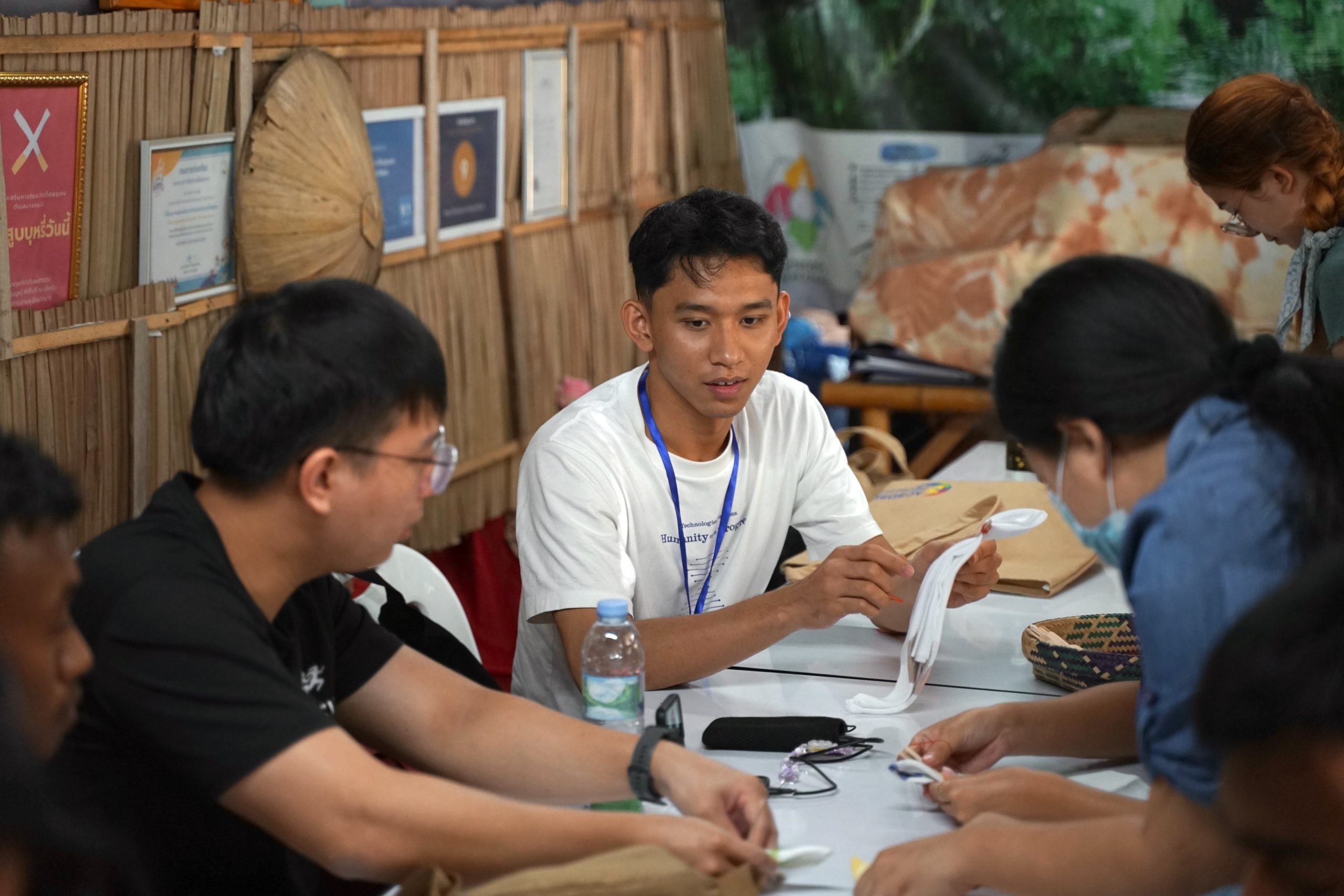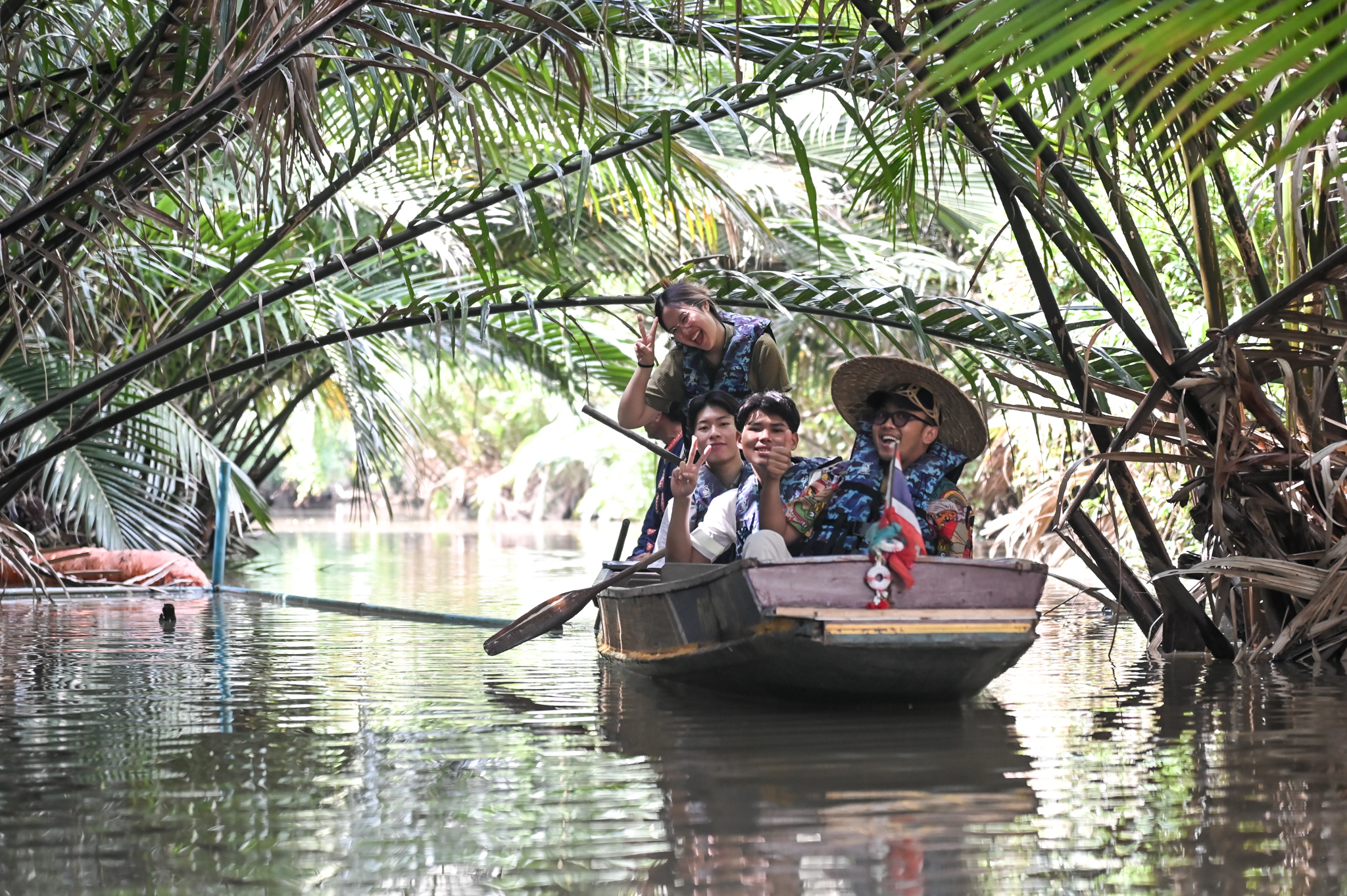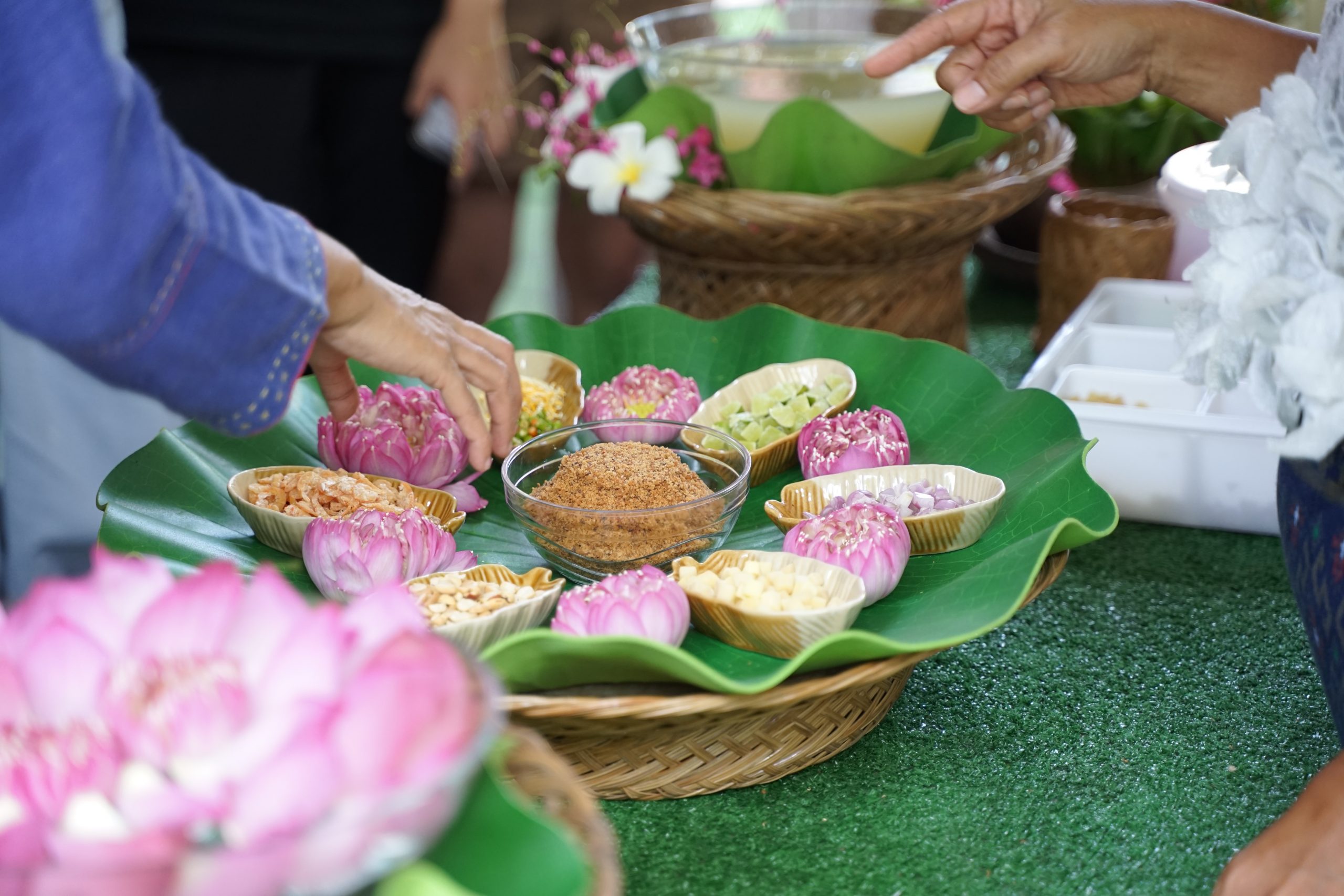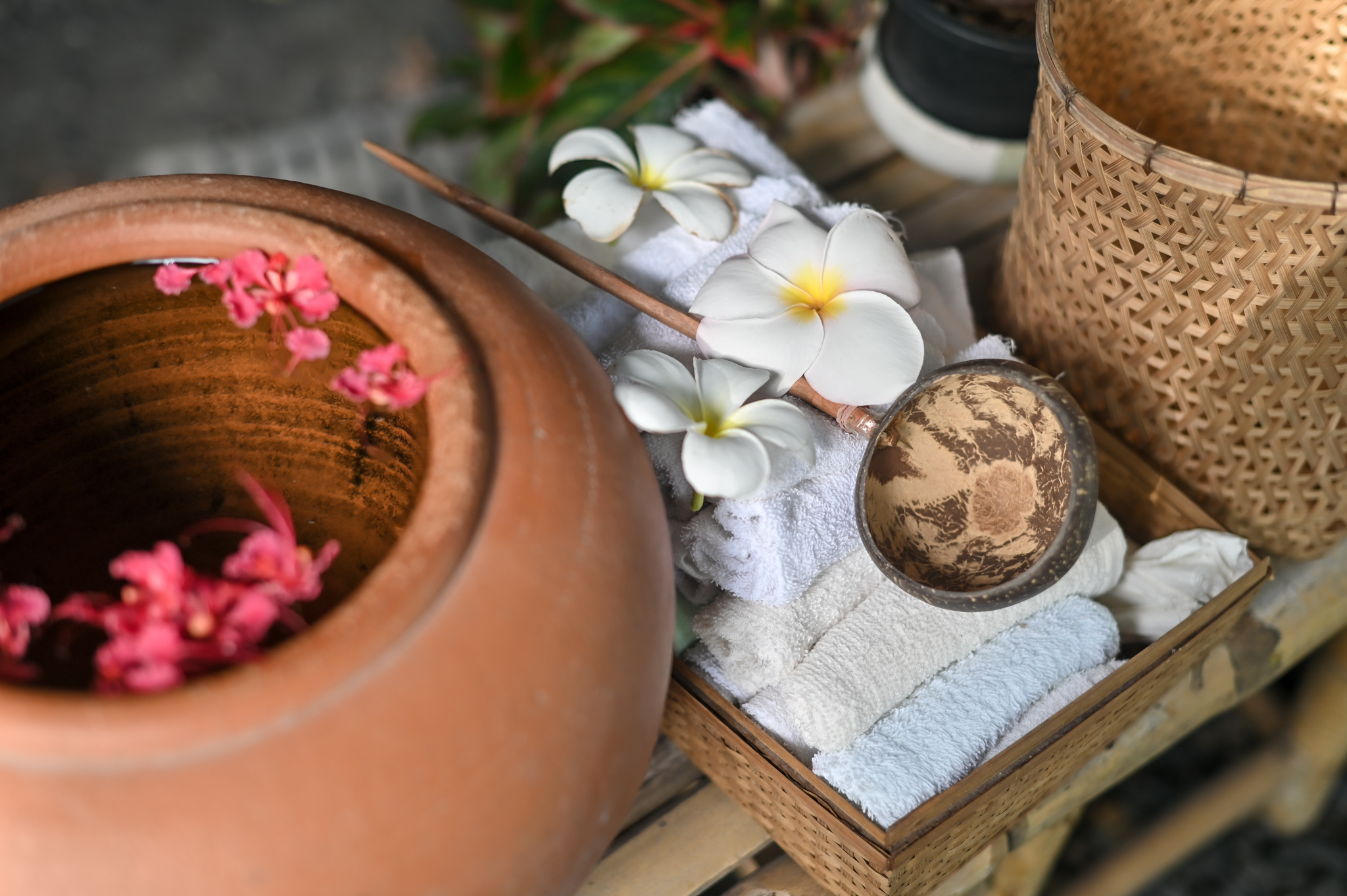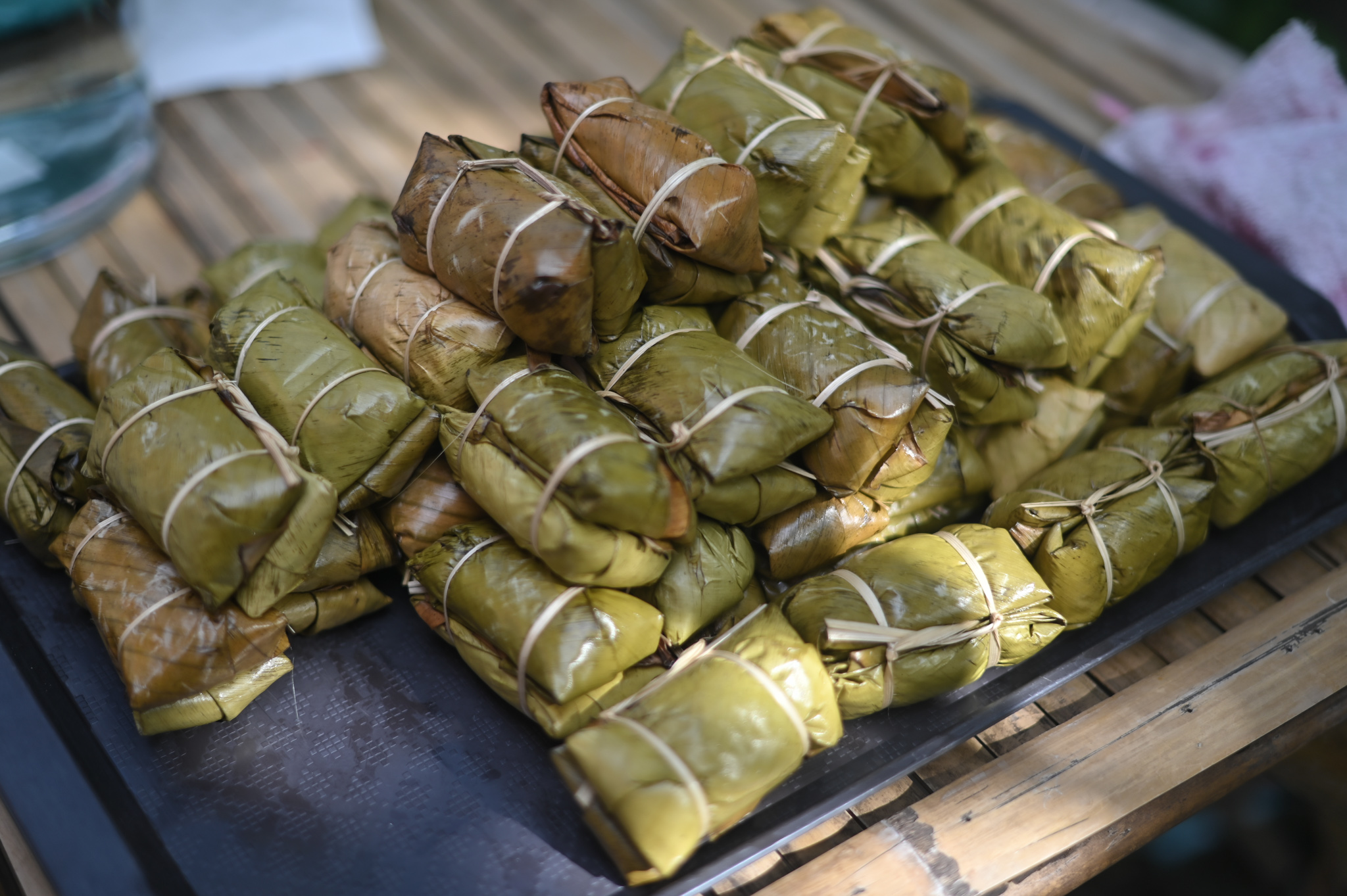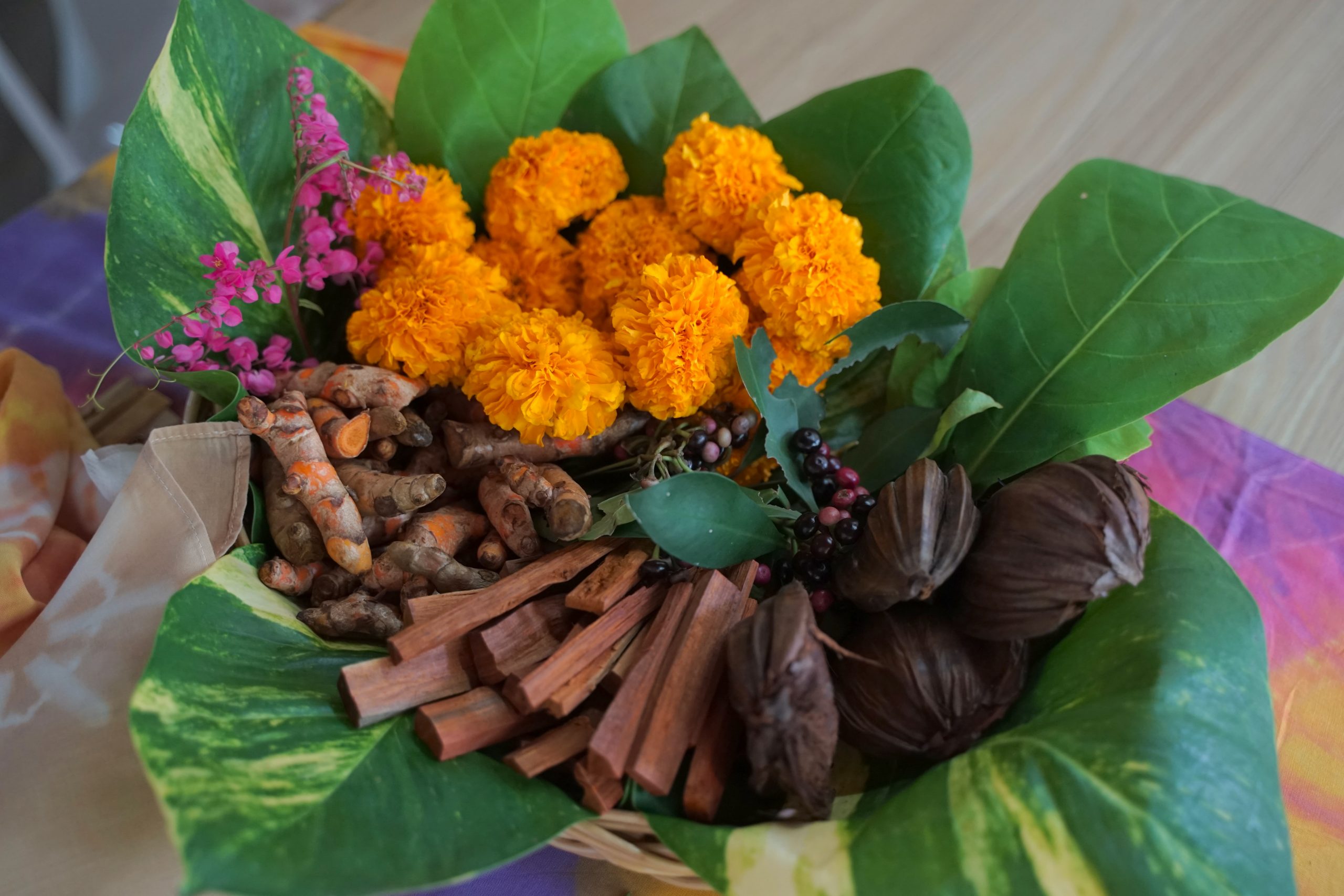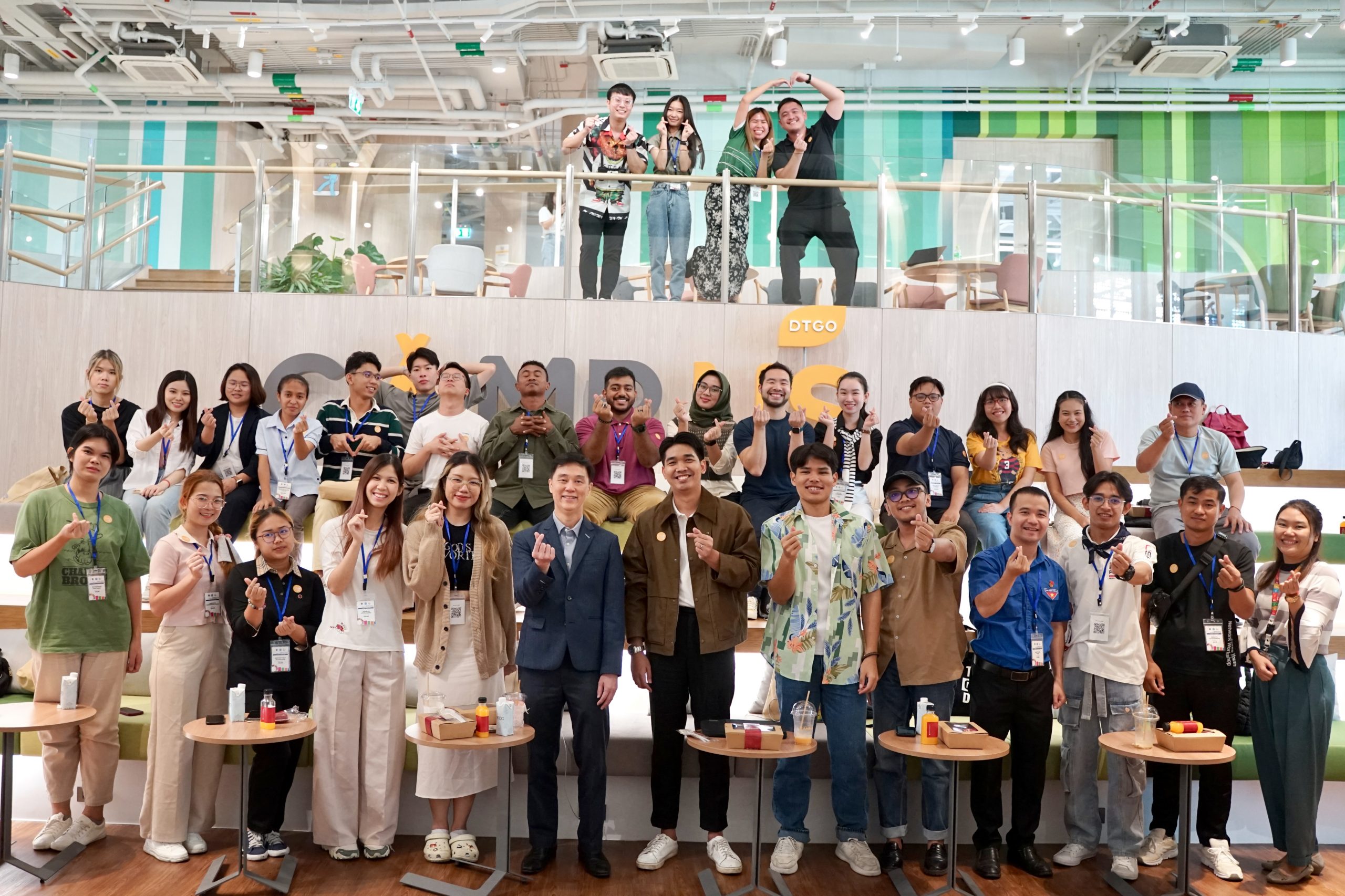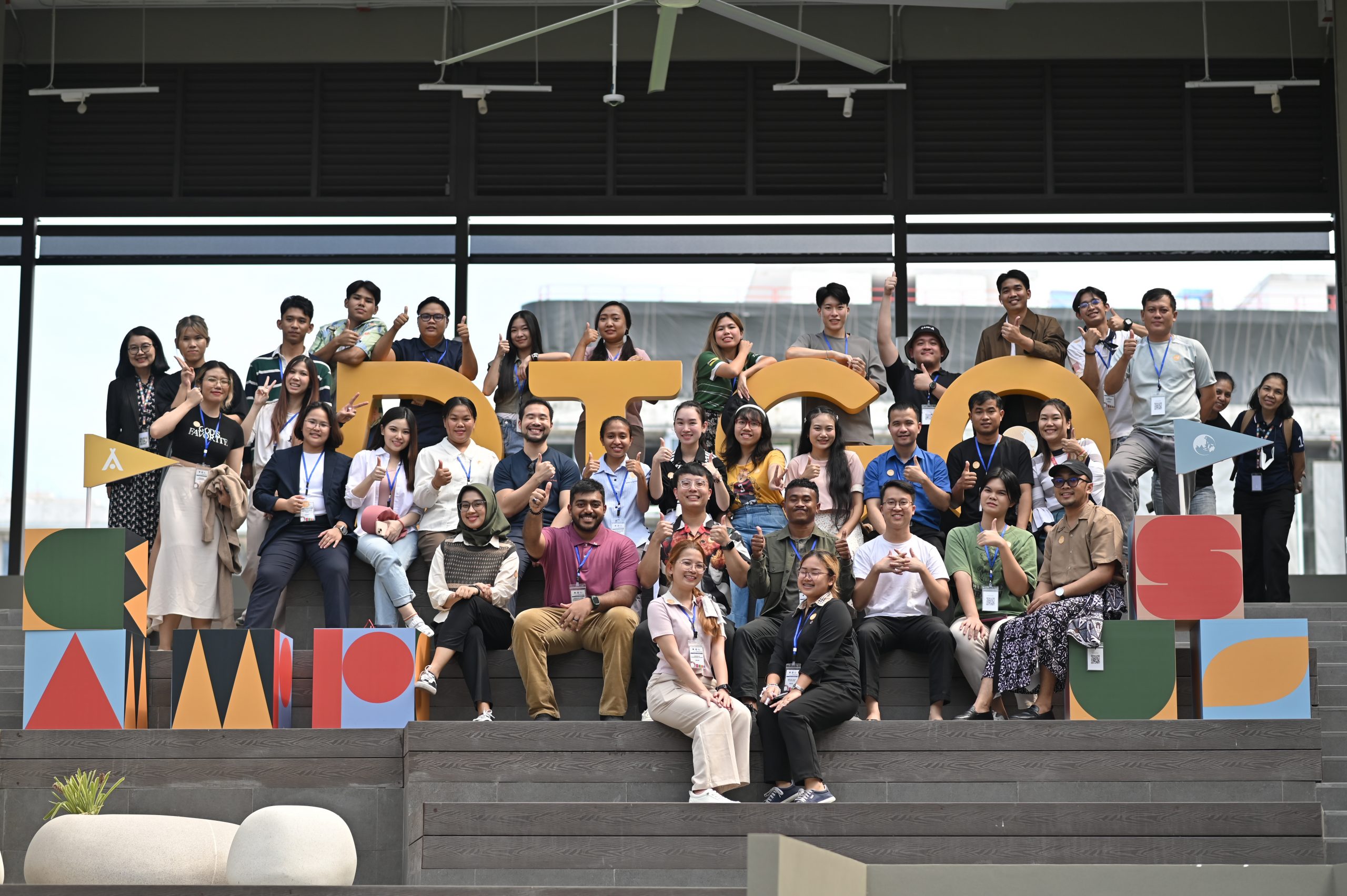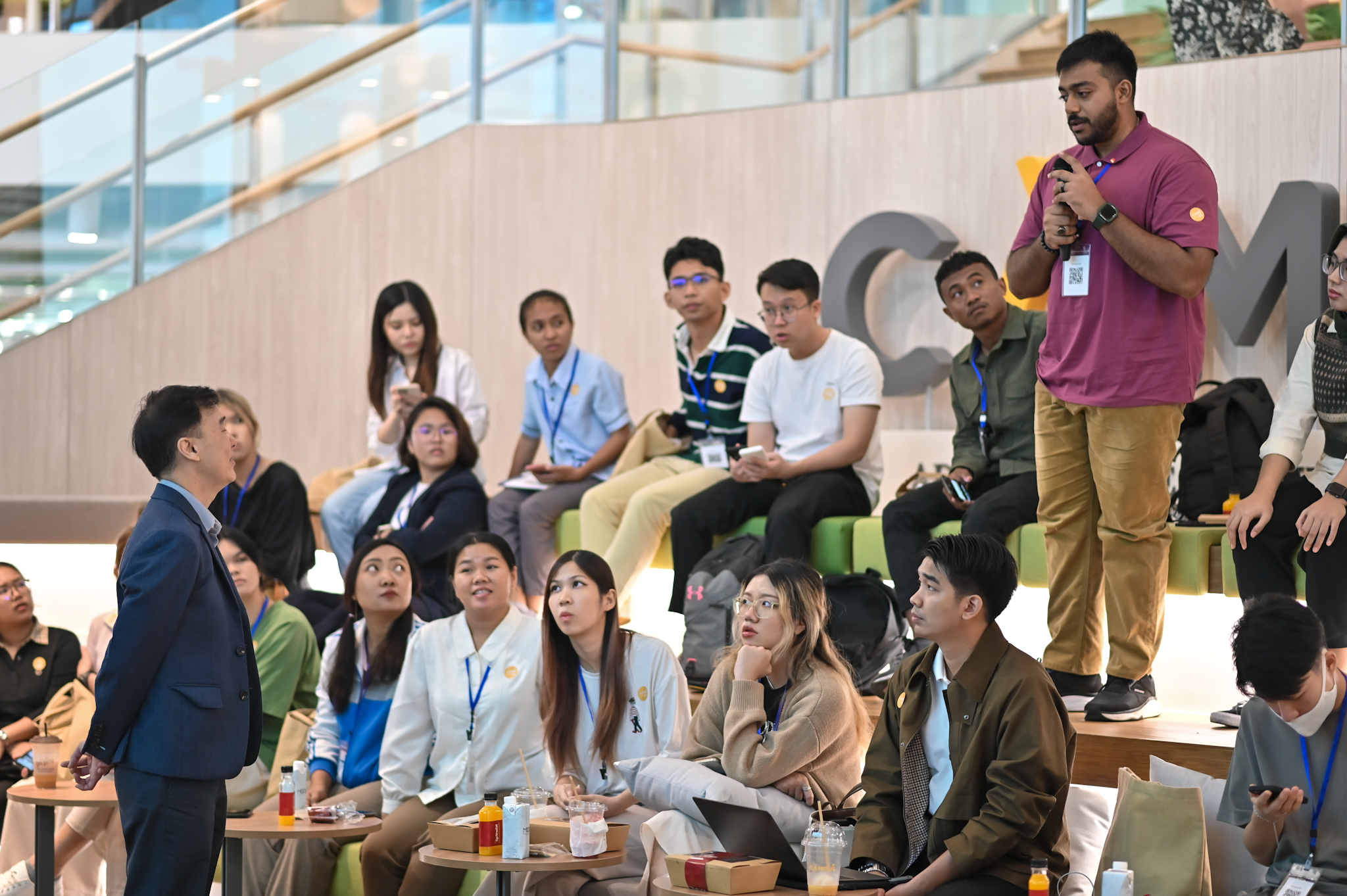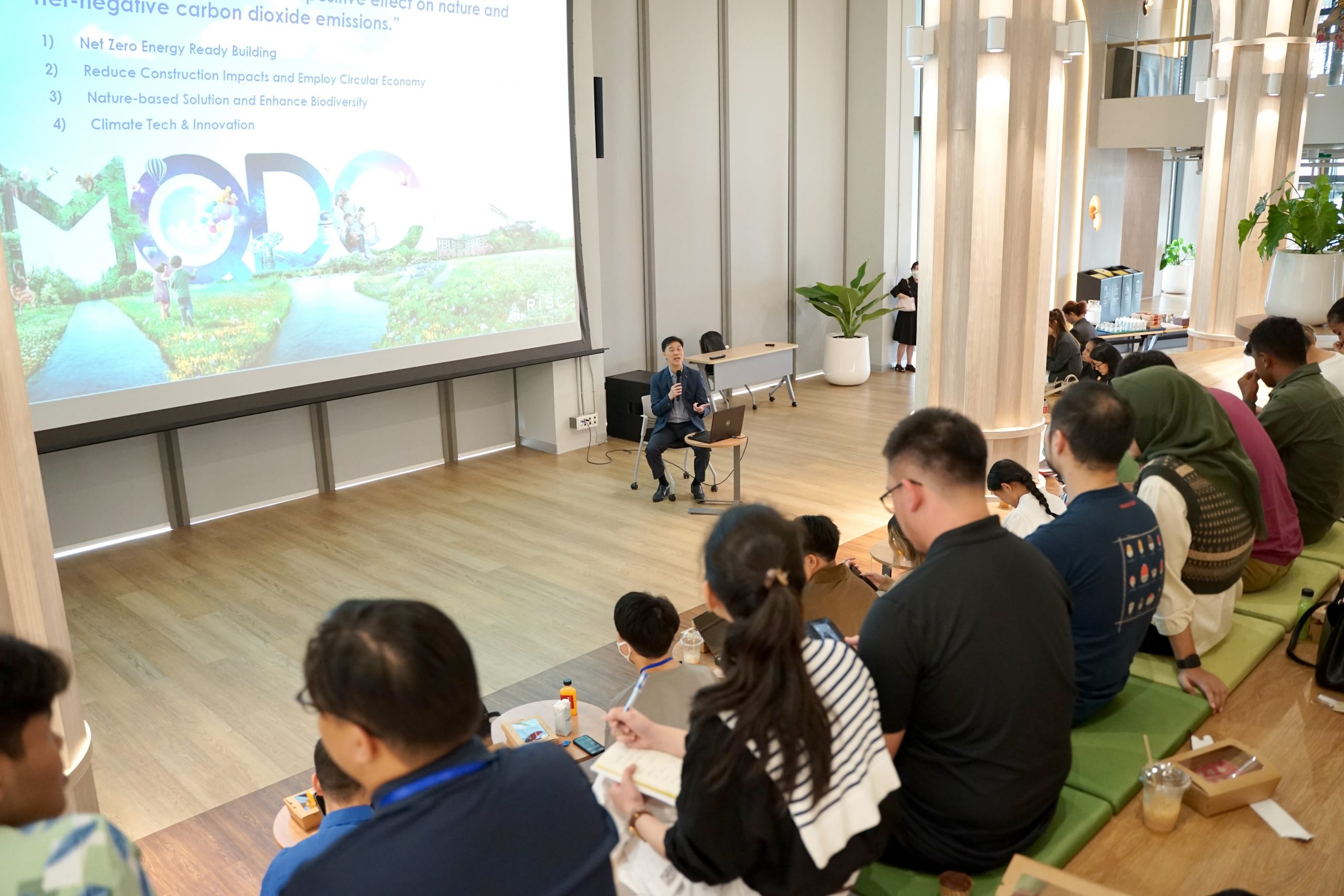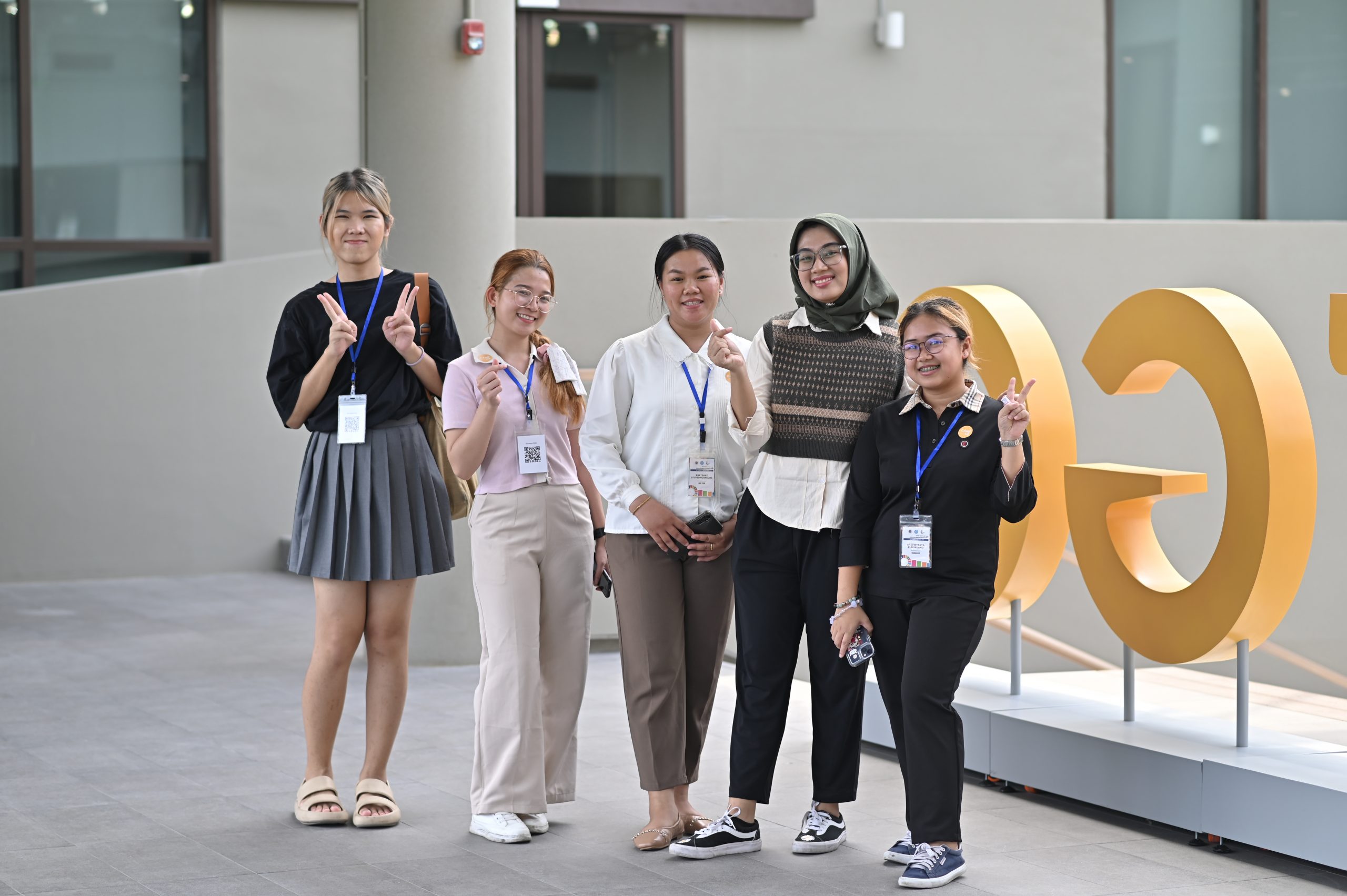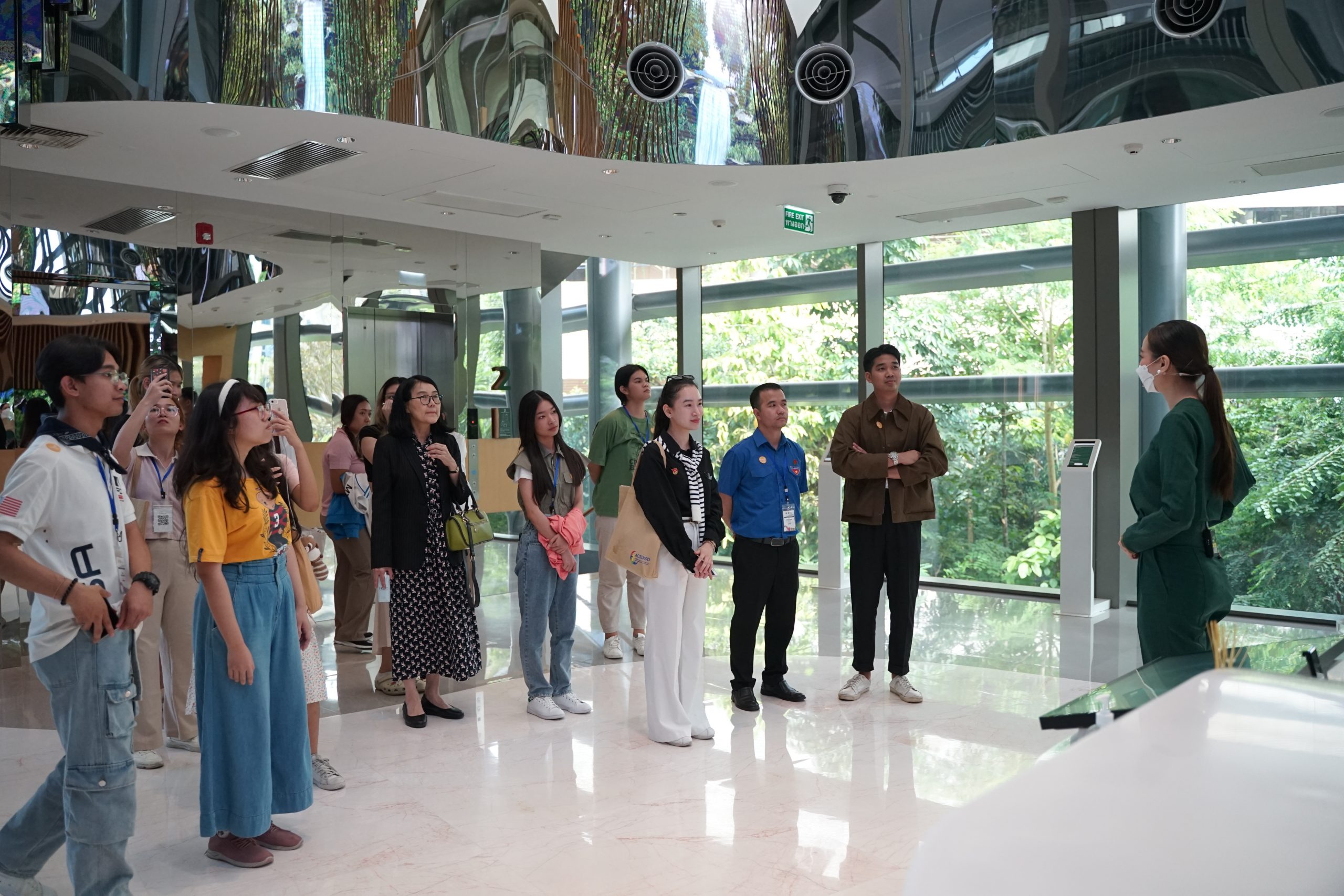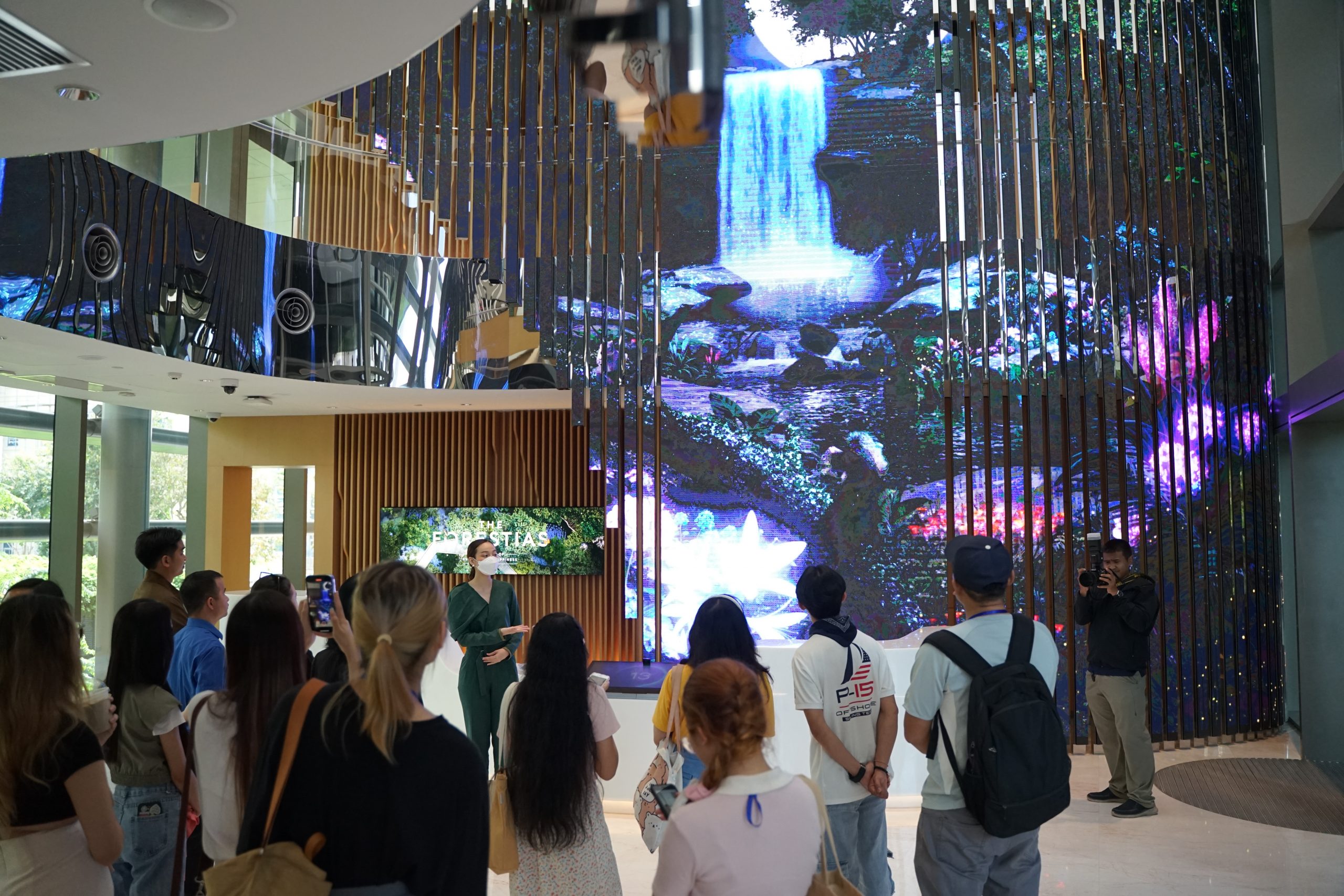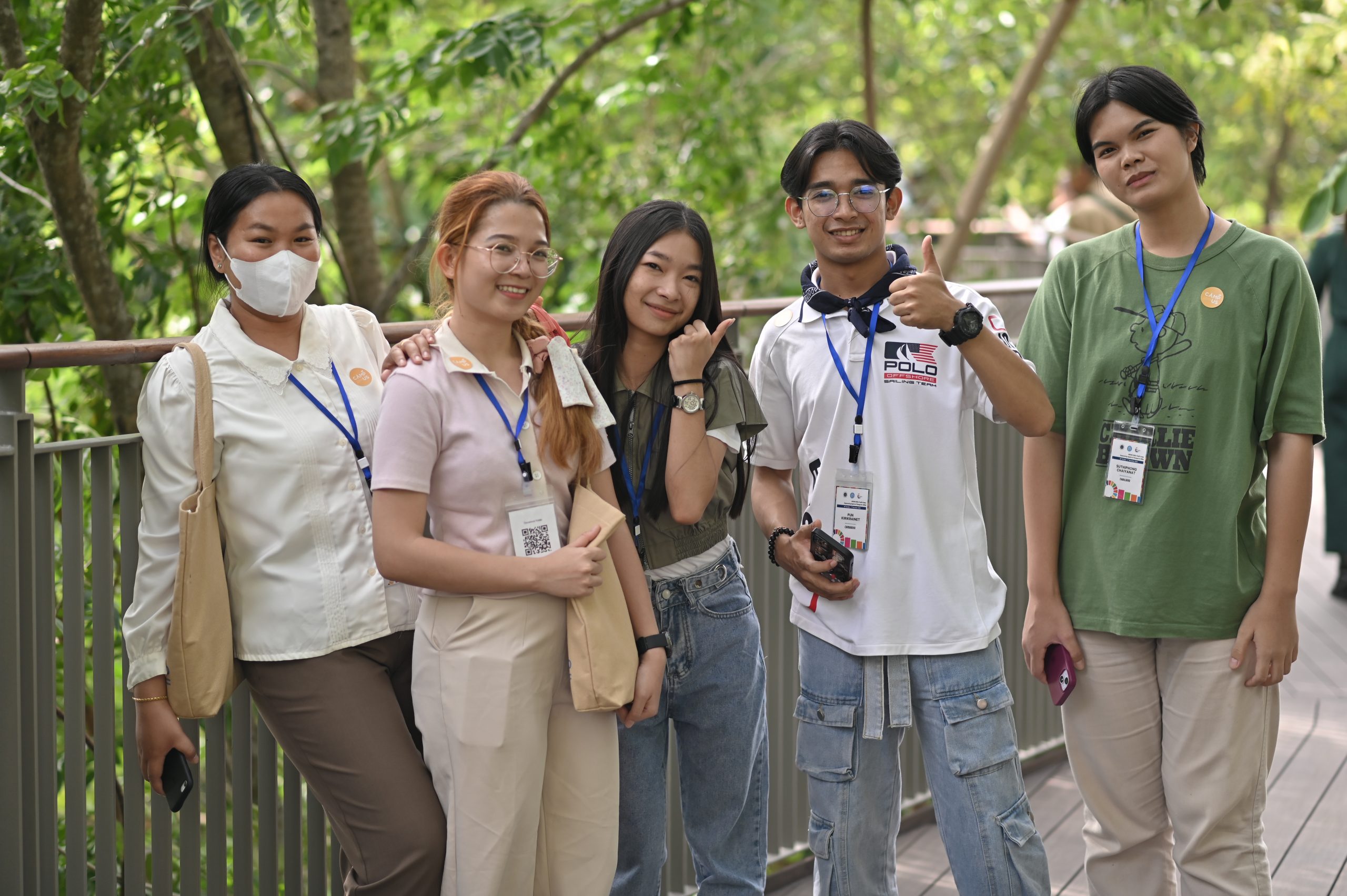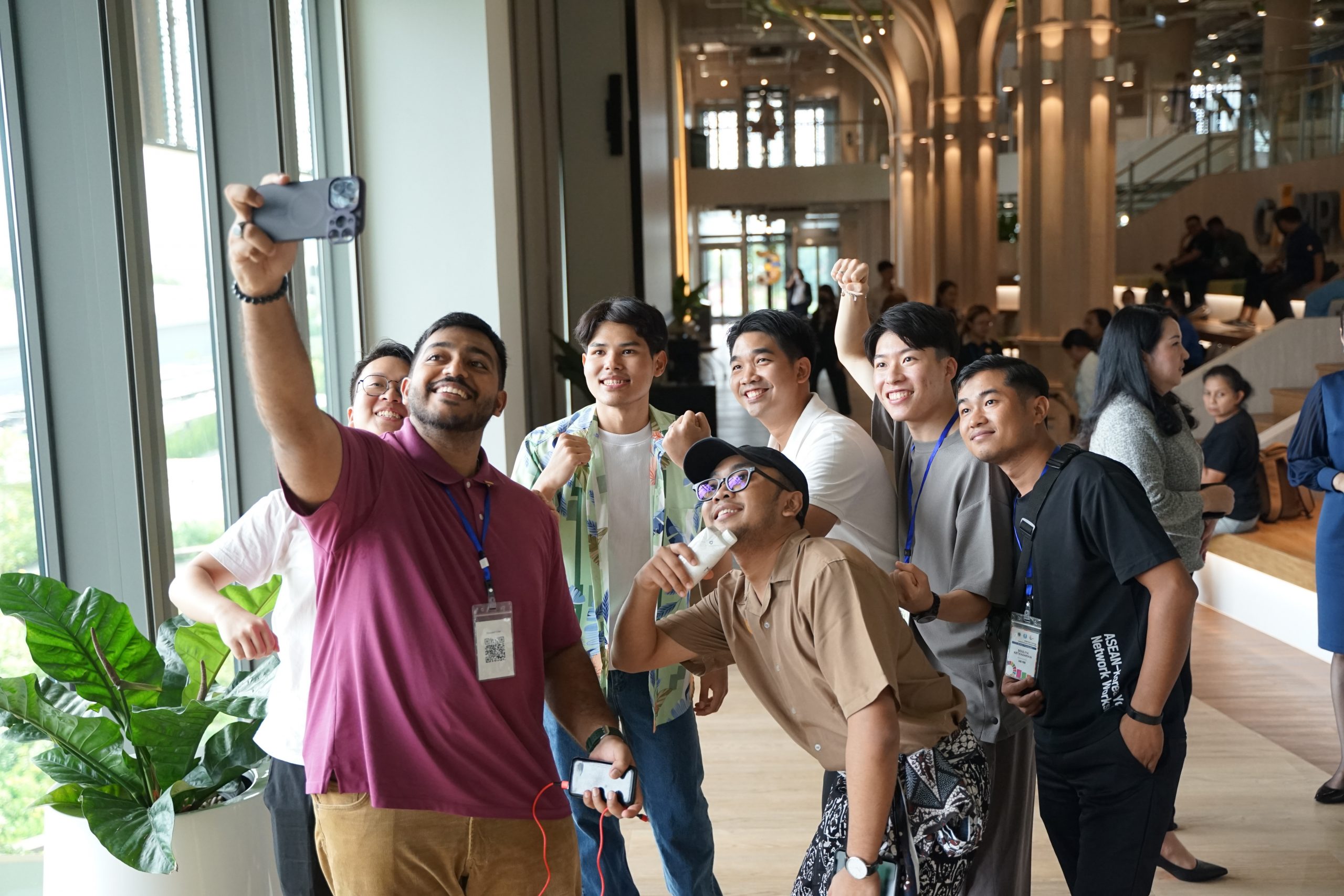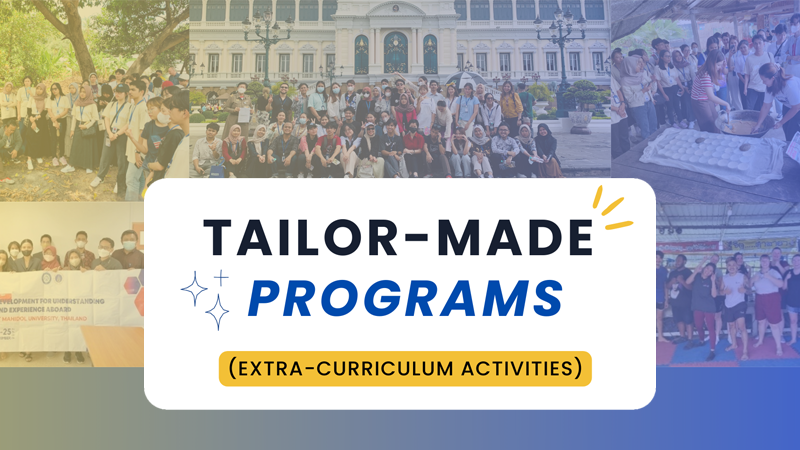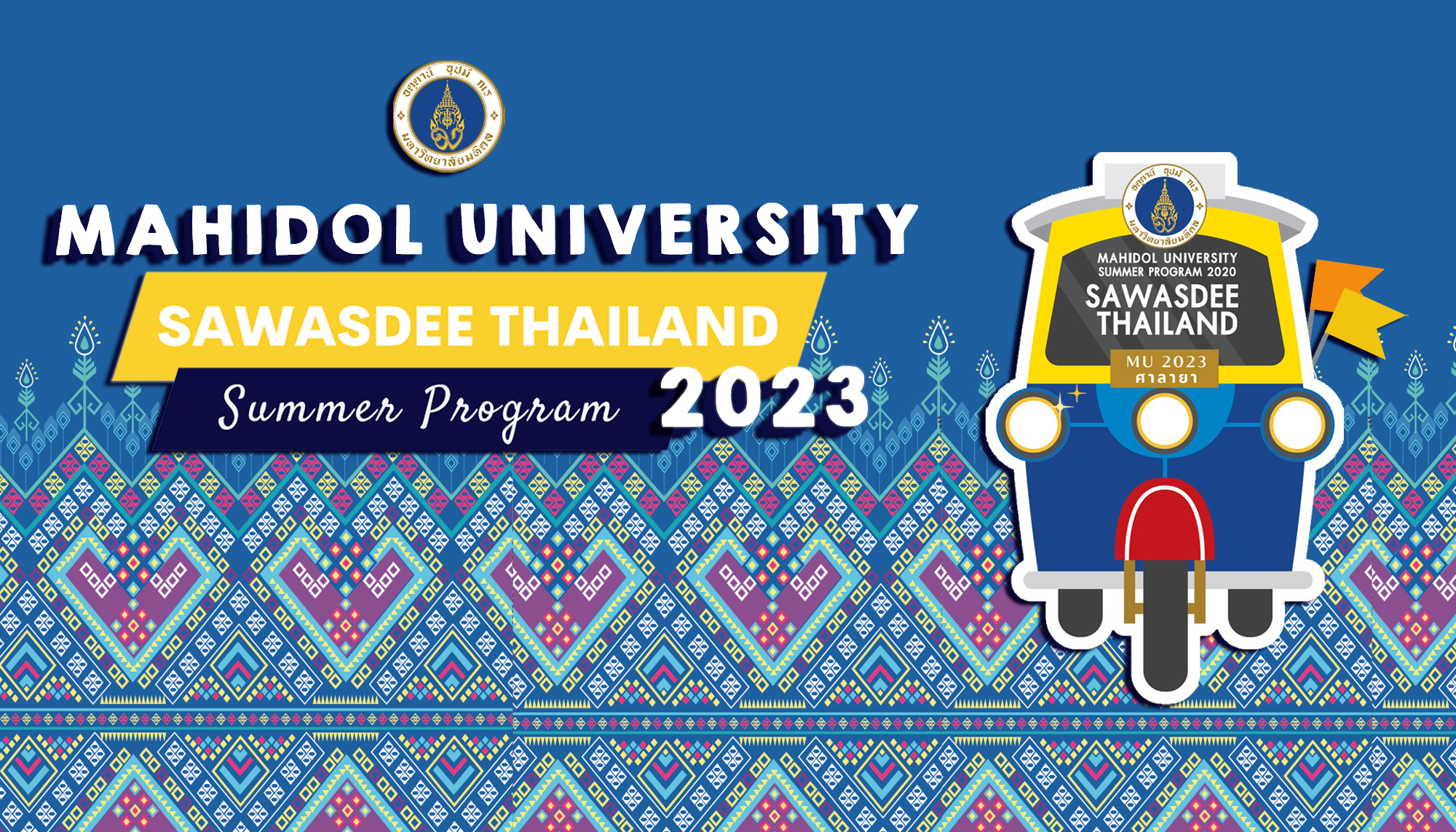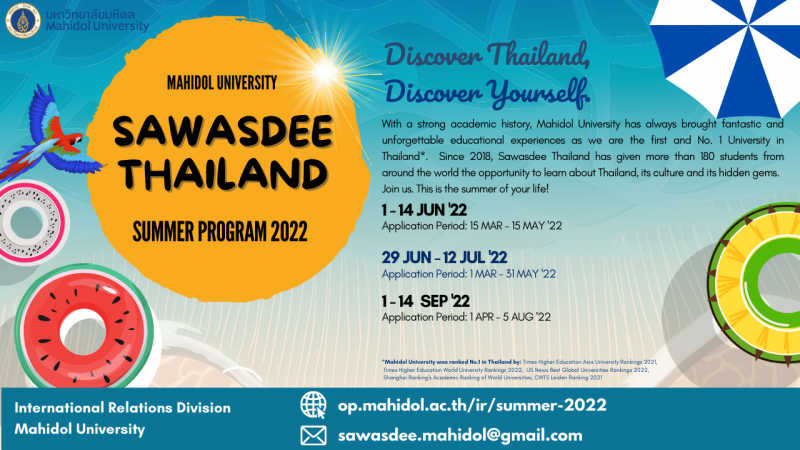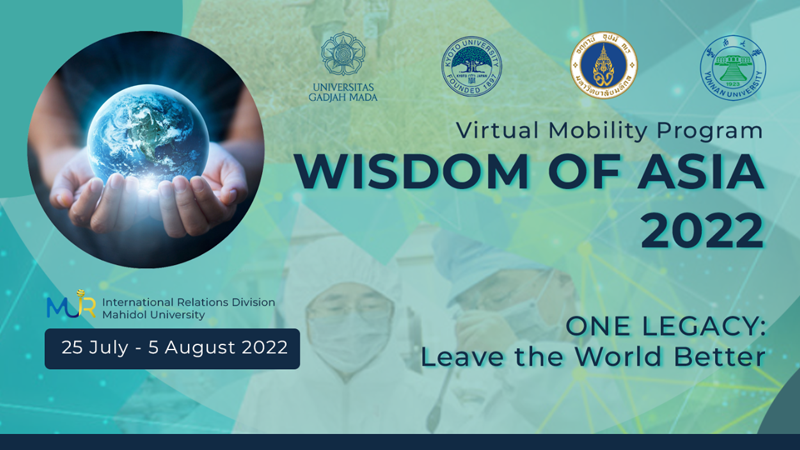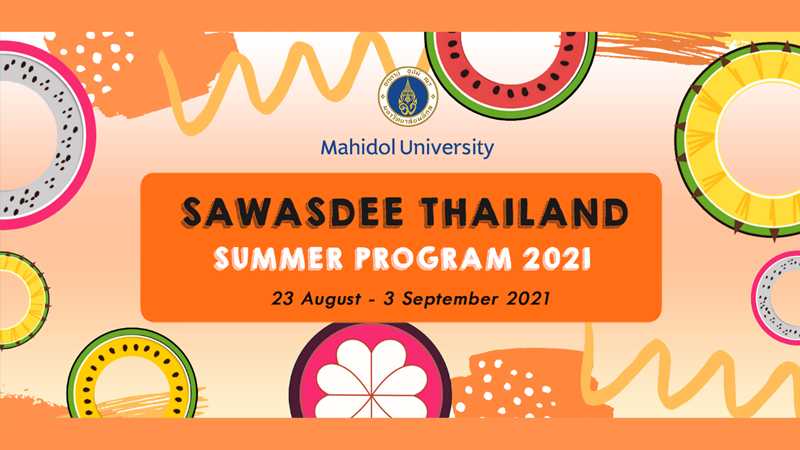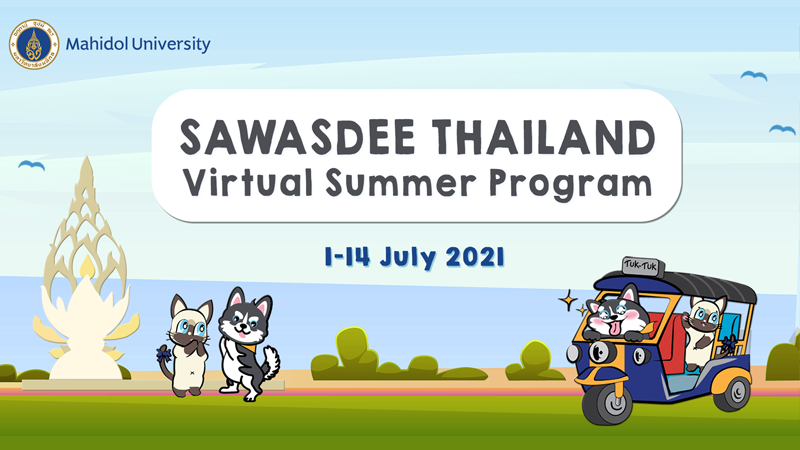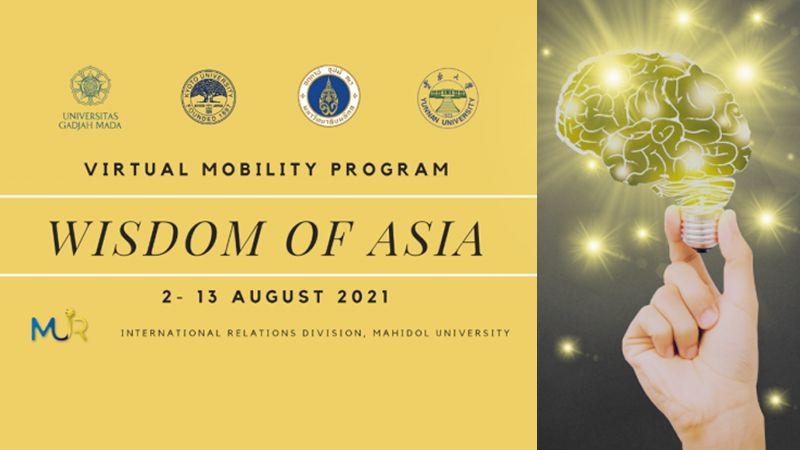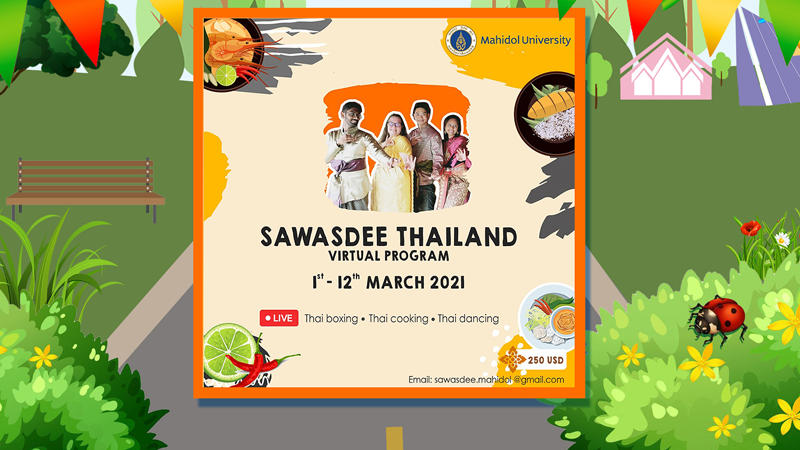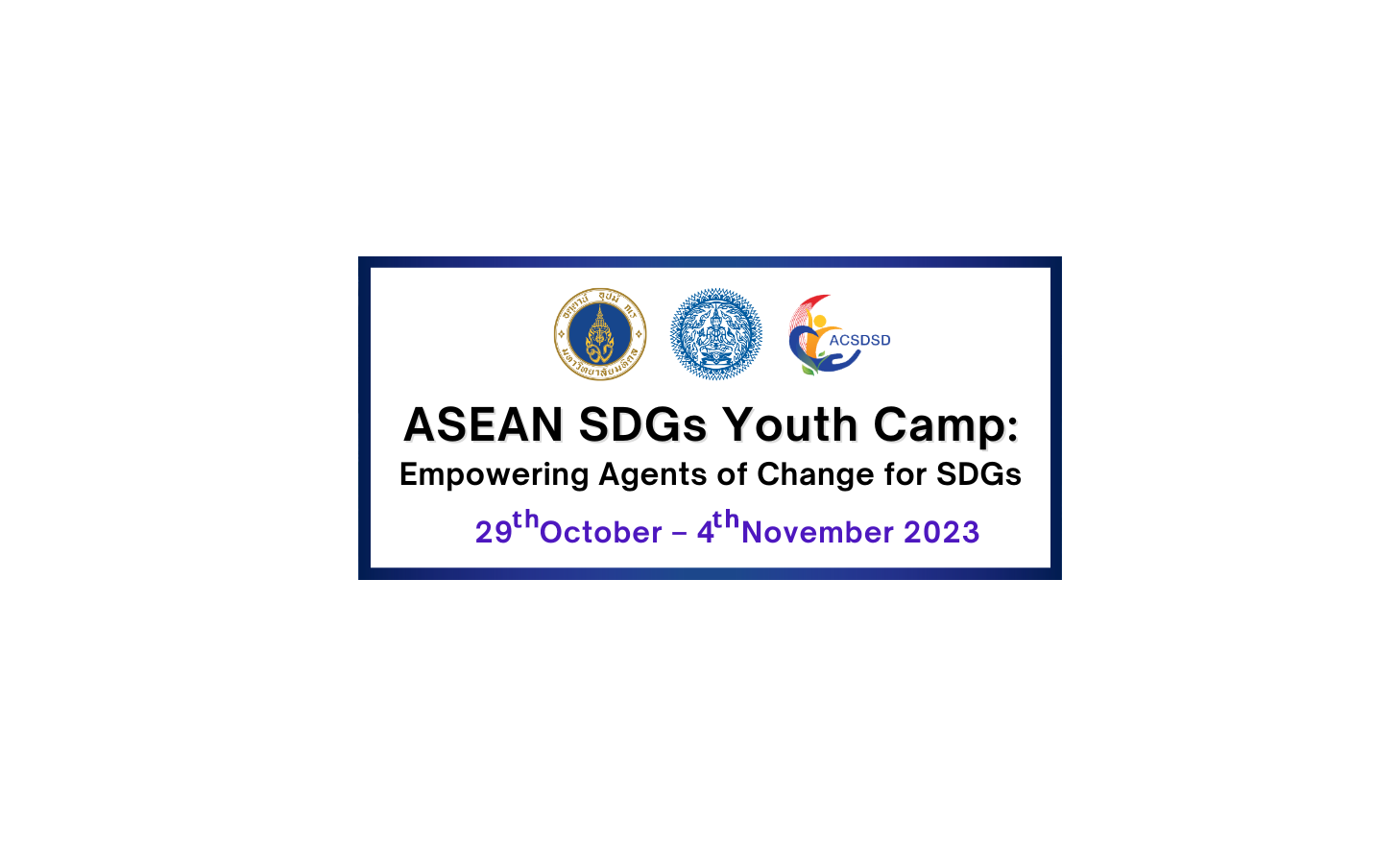

ASEAN SDGs Youth Camp: Empowering Agents of Change for SDGs
29th October – 4th November 2023
SDGs Related: SDG 17 Partnerships for the Goals | SDG 17.4.1 Education for SDGs commitment to meaningful education
Co-organized by
Ministry of Foreign Affairs, ASEAN Centre for Sustainable Development Studies and Dialogue (ACSDSD), and Mahidol University (MU), Thailand
Important Dates
Call for application: 11th August 2023
Application deadline: 11th September 2023
Announcement of the successful candidate: 15th September 2023
Confirmation of participation: 22nd September 2023
Criteria and required documents:
- MU students (Full-time) – Undergraduate and Postgraduate
- Aged between 18-30 years old – with good command of English
- A copy of the official transcript
- A verification letter for English competency issued by the applicant’s original affiliate (Form IR-EN) – For Thai students, undergraduate program
Download Schedule & Program Details
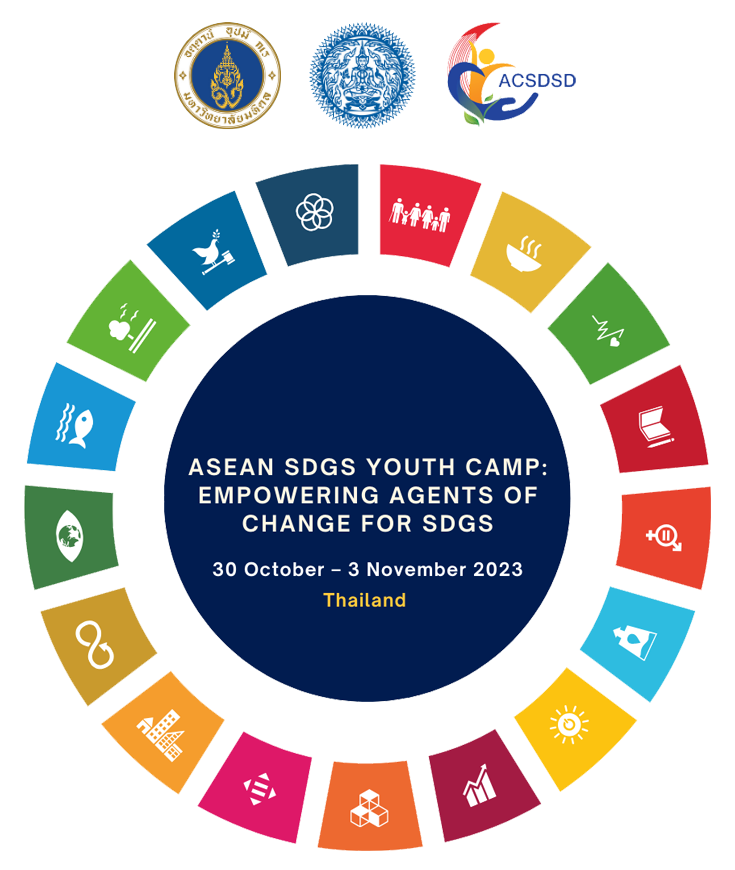
Event Highlights Video

The TerraCycle Global Foundation’s mission is to reduce the flow of plastic waste from rivers and canals before it can reach the ocean. In close partnership with local communities, they design world-class river waste prevention, collection, and recycling solutions in regions of the world suffering from heavily polluted waterways.
The activity starts with an introductory lecture that provides an overview of the initiative of the TerraCycle Global Foundation. Following the lecture, participants will have the chance to visit the facility responsible for the sustainable recycling of waste collected by the traps.

Bang Kachao, located right in the heart of Bangkok, is like a hidden gem. This unique island is created by a bend in the Chao Phraya River and a network of canals, situated in the Southern part of Bangkok within the Phra Pradaeng District. While it may not have sandy beaches like typical islands, it holds its own charm as an ecological marvel. Bang Kachao is often affectionately called the ‘Green Lung of Bangkok’ because of the significant role it plays in improving the city’s environment. With its abundant trees, this island acts as a natural filter, helping to cleanse the air and reduce pollution in the bustling metropolis.
The activity will start with a warm welcome and an introduction to the Bang Kobua Community-based Tourism Club, presented by the club members. Participants will have the opportunity to immerse themselves in the riverside lifestyle of Bang Kobua and create distinctive tie-dye fabrics using natural dyes. Participants will also have a chance to cycle around the Bang Kachao community.

The Forestias is an inspired and ambitious dream; it’s all about imagination, vision, and creating a community of intergenerational residences and green spaces within the city limits of Bangkok. The different residences offered within the natural environment of The Forestias come together to create a single community among the trees, flowers, and greenery of this luxury property in Bangkok.
The activity starts with an introductory lecture that provides an overview of the initiative of the Forestias. Following the lecture, participants will have the opportunity to visit the Forestias community.


Sustainability has long been at the heart of ASEAN Community building effort as well as ASEAN’s engagement with external partners. This is stipulated in the ASEAN Community Vision 2025 as well as the ASEAN Outlook on Indo-Pacific (AOIP), both of which emphasise UN Sustainable Development Goals as one of the main priority areas of intra- and extra- ASEAN Cooperation.
Despite continuous efforts, timely achievement of SDGs is currently being threatened by various crises such as the COVID-19 pandemic, and their observed impacts on socio-economic development. As such, it is more important than ever to accelerate actions in pursuit of the SDGs, including through enhanced engagements with SDGs prime movers at the national and local level.
Increasingly, young people have been recognised as powerful agents of change who, if supported and empowered, can drive the achievement of the SDGs. Thus, an initiative to improve contribution of youth towards SDGs implementation will provide an excellent opportunity for ASEAN Member States not only to stimulate innovative ideas and approaches towards sustainable development but also to strengthen network amongst ASEAN youths which will be a crucial catalyst in driving forward intra-ASEAN cooperation on sustainable development.
With this in mind, Thailand as ASEAN Coordinator for Sustainable Development Cooperation, will organise the project “ASEAN SDG Youth Camp: Empowering Agents of Change for SDGs”. The project aims to bring together youth representatives from AMS to engage in a week-long programme that aims to enhance their understanding of SDGs and the role of youth in SDGs implementation, hone leadership and social innovation skills, and exchange ideas on how to tackle and improve complex developmental challenges, with the aim to enhance their capacity and promote involvement of youth in development policy planning and implementation at the local level.

-
To improve young people’s understanding of SDGs and their roles in promoting the achievements of SDGs at the local and national level
-
To enhance the capacity of youth to initiate projects and activities aligned with the SDGs in their respective communities
-
To facilitate increased cooperation among young people across ASEAN through cross-cultural dialogue, networking, and partnerships
-
To identify opportunities for inclusion of young people in decision-making and implementation of the SDGs
-
To further reinforce ASEAN Youth leadership through enhanced cooperation and synergy in pursuing the SDGs and promoting people-to-people connectivity, in support of the AOIP
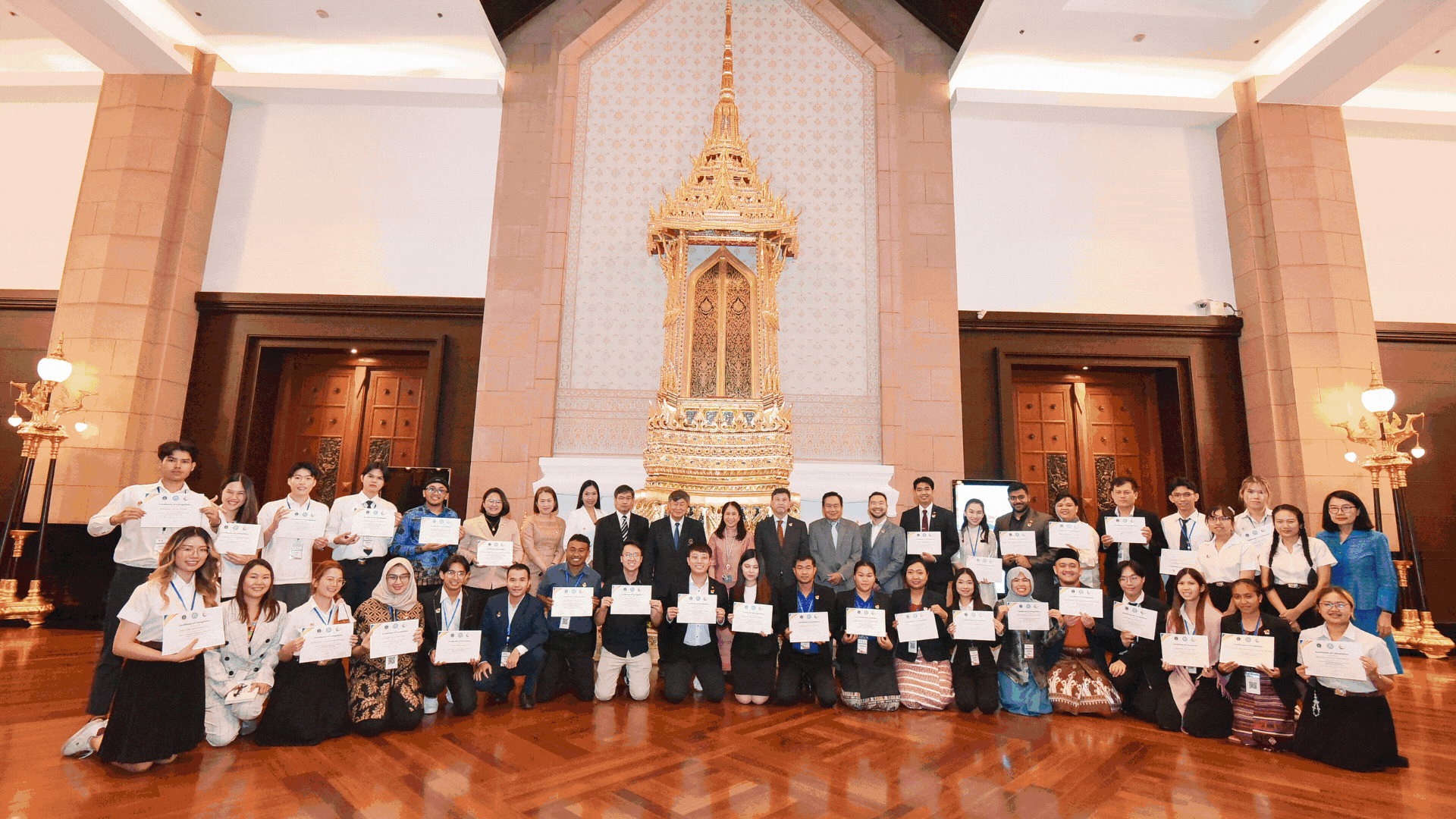
ASEAN SDGs Youth Camp: Empowering Agents of Change for SDGs
29th October – 4th November 2023

2 youth representatives from each AMS and Timor-Leste, aged between 18-30 years old, with good command of English.
Nominations of ASEAN youth representatives are to be submitted through ASEAN Senior Officials Meeting on Youth, taking into account criteria such as strong interest in sustainable development issues, prior experience or engagement with local community development programmes, interest in developing and scaling up social innovation ideas that address developmental challenges, in line with specified SDGs Goals/ Targets.

Selected youths from AMS and Timor-Leste will participate in a one-week program in Thailand designed to provide an opportunity to learn and hone skills necessary to participate in SDGs-related activities, including workshop, study visits, and dialogue with policymakers.
The program will cover three main components:
- Skills and knowledge development training to enhance understanding on the SDGs and the role of youth in SDGs implementation.
- Study visits at a selected community/ development project to enhance understanding on SDGs localization.
- Discussion and exchange of ideas on how to address the challenges and identify opportunities for enhancing sustainable development cooperation in ASEAN.

| |
| |
Study visit at Bang Kachao | |
Study visit at Forestias | |
|

Official name | Kingdom of Thailand |
Time | Thailand is seven hours ahead of Greenwich Mean Time (+7 hours GMT). |
Capital | Bangkok (or Krung Thep, in Thai, which means City of Angel) |
Population | Thailand is a multi-ethnic nation with a population of 64.1 million. |
Climate | Thailand’s climate ranges from the sub-tropical to the tropical zones, with three distinct seasons: a hot and dry season from February to May, a monsoon season from June to October, and a cooler, dry season from November to January. Average seasonal temperatures vary between a |
Currency | Thailand’s currency unit is the Baht, which is divided into 100 satangs. Notes are in 20 Baht (green), 50 Baht (blue), 100 Baht (red), 500 Baht (purple), and 1,000 Baht (brown) denominations. The exchange rates against the US dollar averaged out at 34.5 Baht to US$. Coins are valued at 25 and 50 satangs (brass-colored), 1 baht (nickel), 2 Baht (brass/nickel), 5 Baht (nickel with copper rim), and 10 Baht (nickel with a brass center) |


The United Nations 2023 Agenda for Sustainable Development has been adoptedsince September 2015 by more than 150 world leaders at the United NationsSustainable Development Summit in New York. In November, the Association ofSoutheast Asian Nations (ASEAN) also adopted the ASEAN Community Vision 2025 tosustain the momentum of regional integration and further contribute to strengtheningthe ASEAN Community-building efforts. To realize both the 2023 Agenda and theASEAN Community Vision 2025, ASEAN and the United Nations formulated the“Complementarities Initiative” to promote the complementarity between these twingoals. One of the flagship initiatives under this cooperation framework is theestablishment of the ASEAN Centre for Sustainable Development Studies andDialogue (ACSDSD) that will play a catalytic role in promoting sustainabledevelopment cooperation in the region and enhance the complementarities betweenthe goals.
Located in Bangkok, Thailand, the ACSDSD was officially launched in November 2019at the 35th ASEAN Summit and Related Summit in Bangkok. Its activities are anchored on two board pillars, namely: (1) research and studies onsustainable development issues of importance to the region; and (2) a policydialogue that will encourage region-wide dialogue to exchange best practices andexplore cooperation on sustainable development both between ASEAN MemberStates and between ASEAN and external partners.

Mahidol University has its origins in the establishment of SirirajHospital in 1888 by His Majesty King Chulalongkorn (Rama V), and thehospital’s medical school is the oldest institution of higher learning inThailand, granting its first medical degree in 1893. Later becoming theUniversity of Medical Sciences in 1943, Mahidol University wasrenamed with great honor in 1969 by H.M. King Bhumibol Adulyadej ,after his Royal Father, H.R.H Prince Mahidol of Songkla , who is widelyknown as the ‘Father of Modern Medicine and Public Health inThailand‘. Mahidol University has since developed into one of the mostprestigious universities in Thailand, internationally known andrecognized for the high caliber of research and teaching by its faculty,and its outstanding achievements in teaching, research, internationalacademic collaboration and professional services. This diversifiedinstitution now offers top quality programs in numerous social andcultural disciplines, including the most doctoral programs of anyinstitution in Thailand, yet has maintained its traditional excellence inmedicine and the sciences.

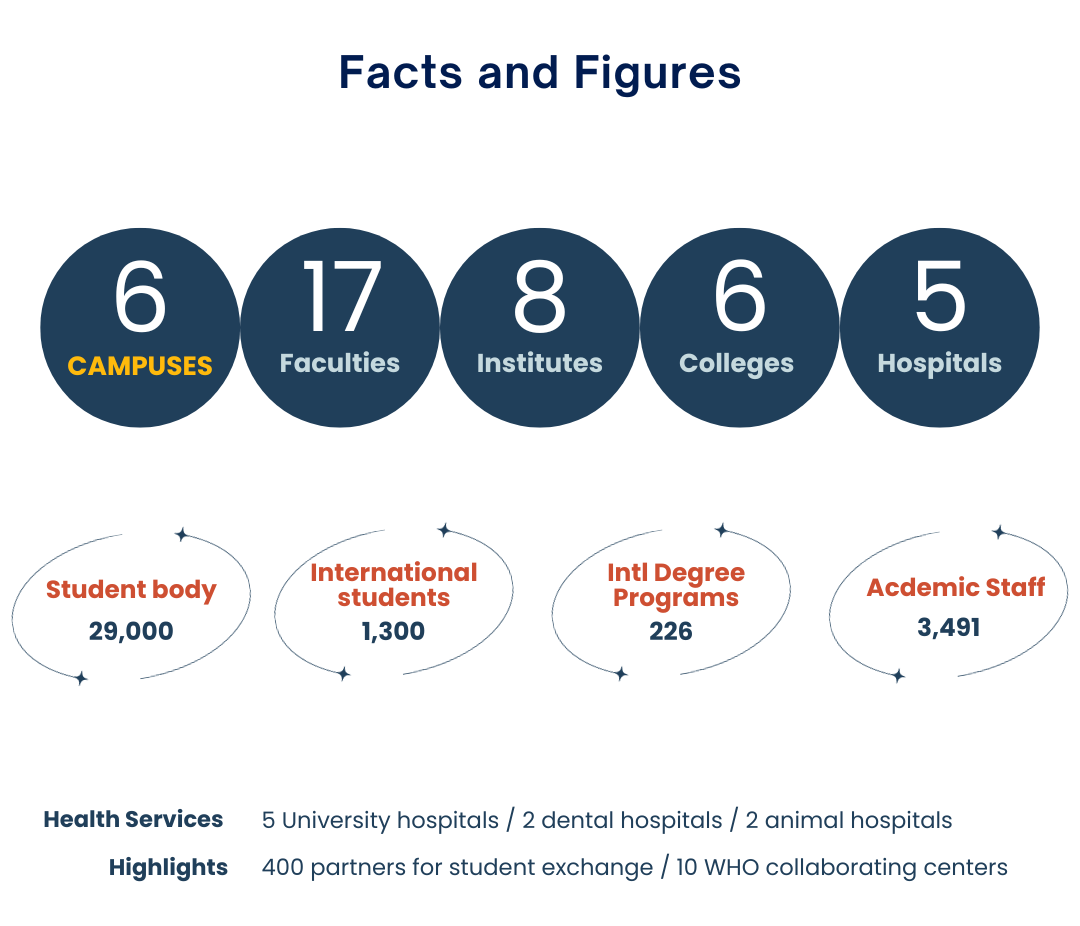
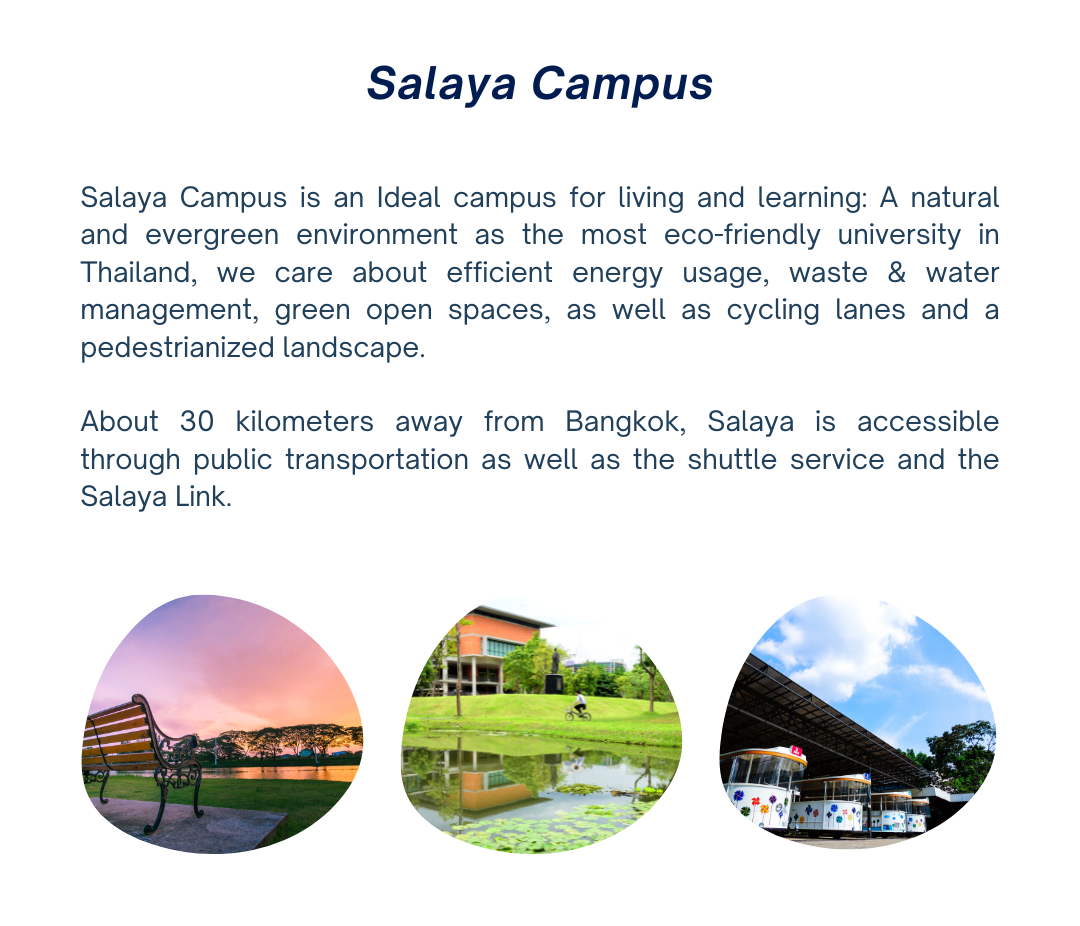
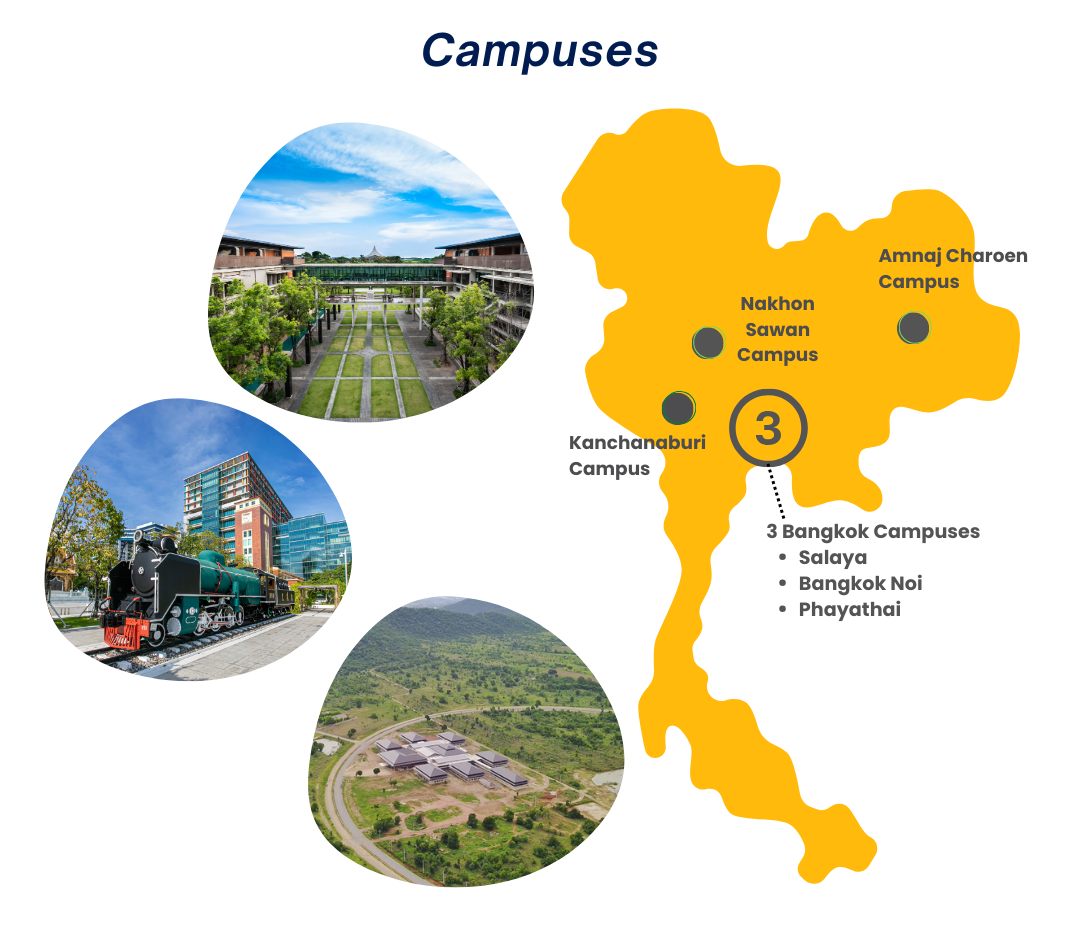
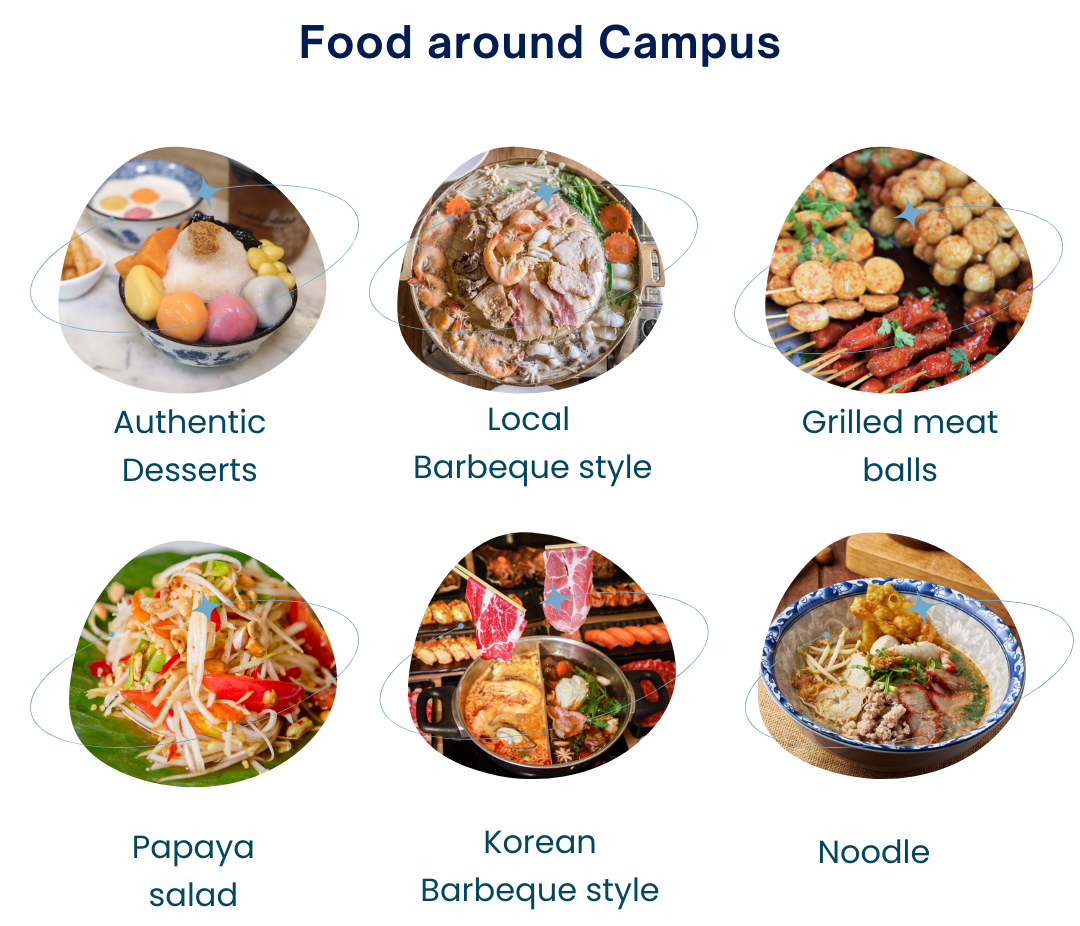

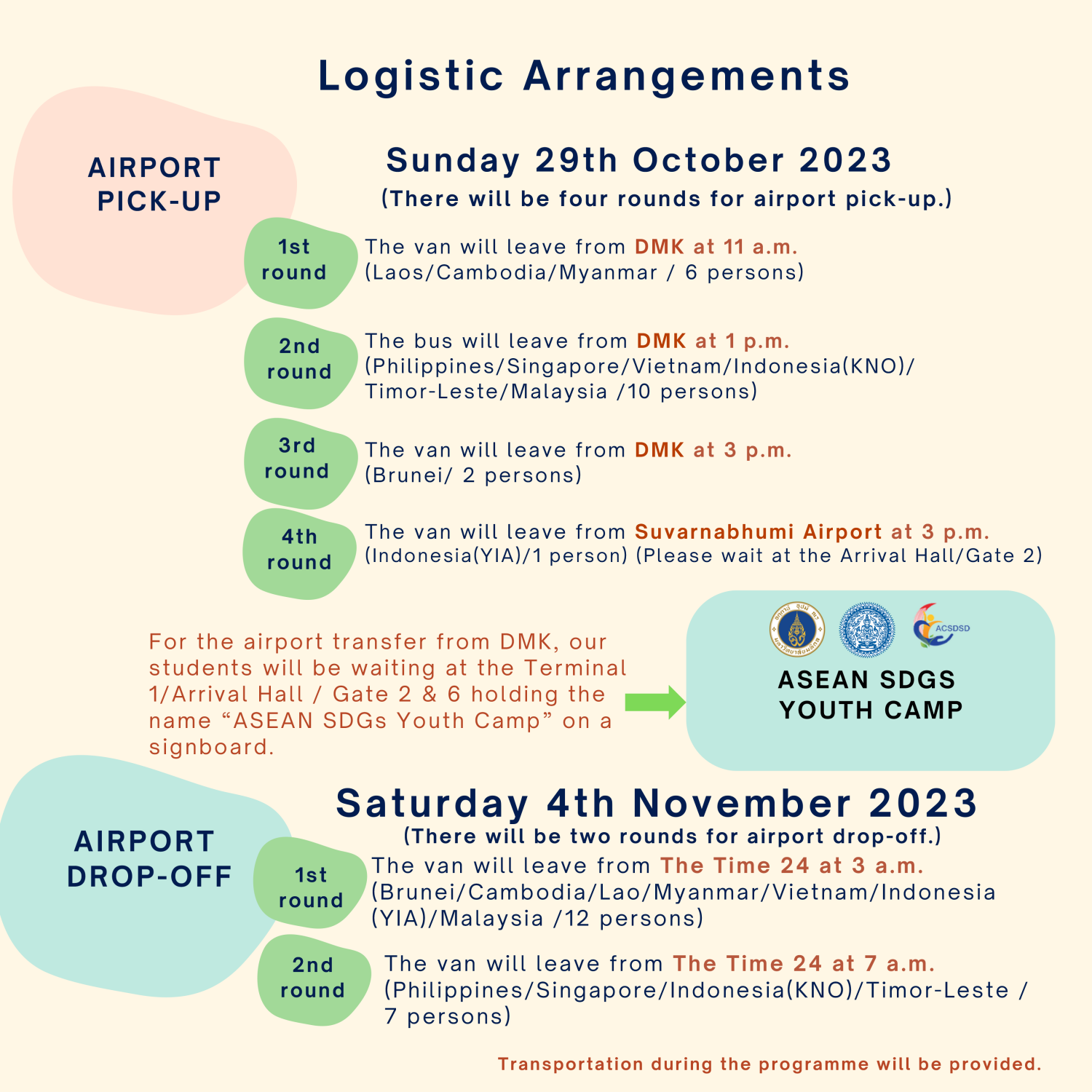

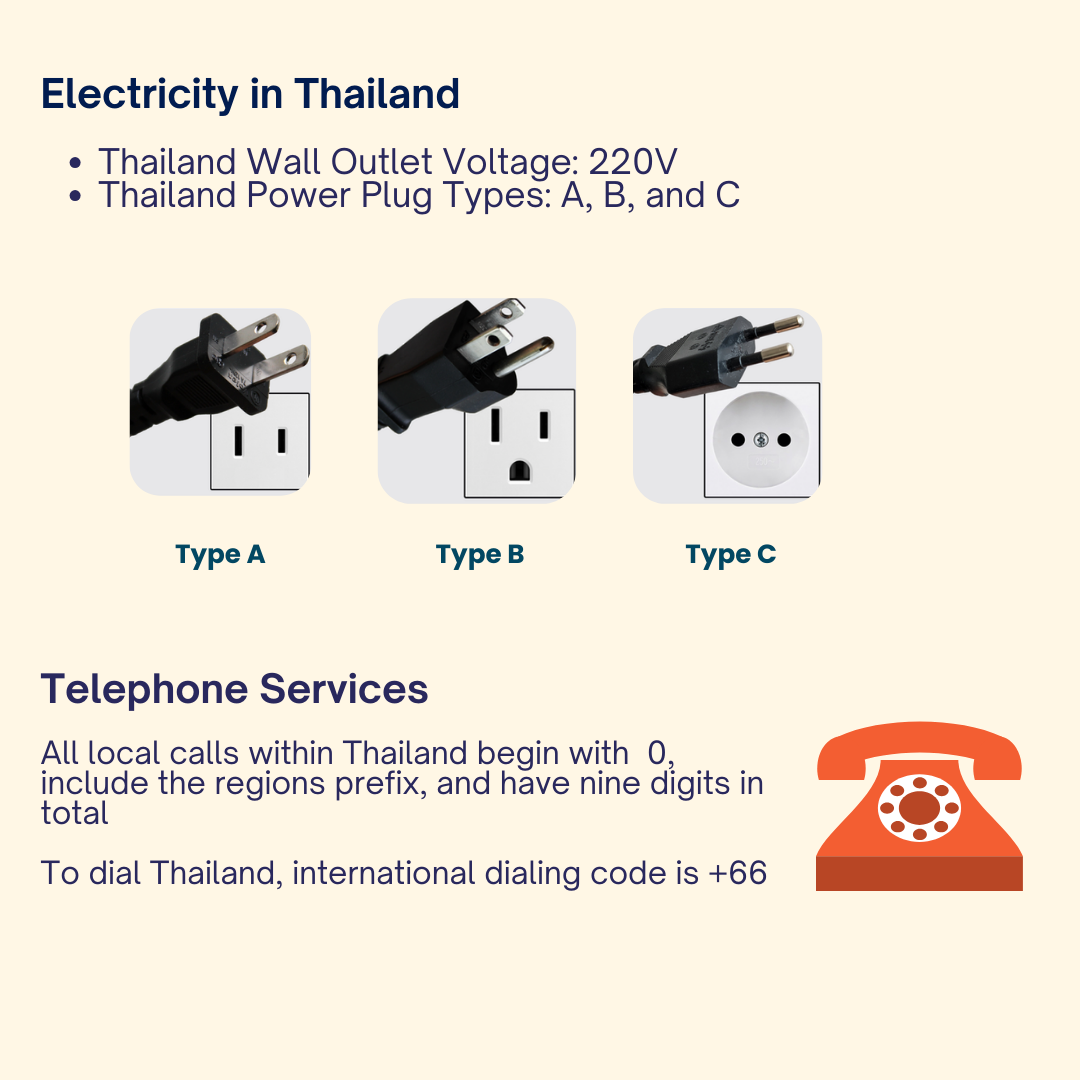


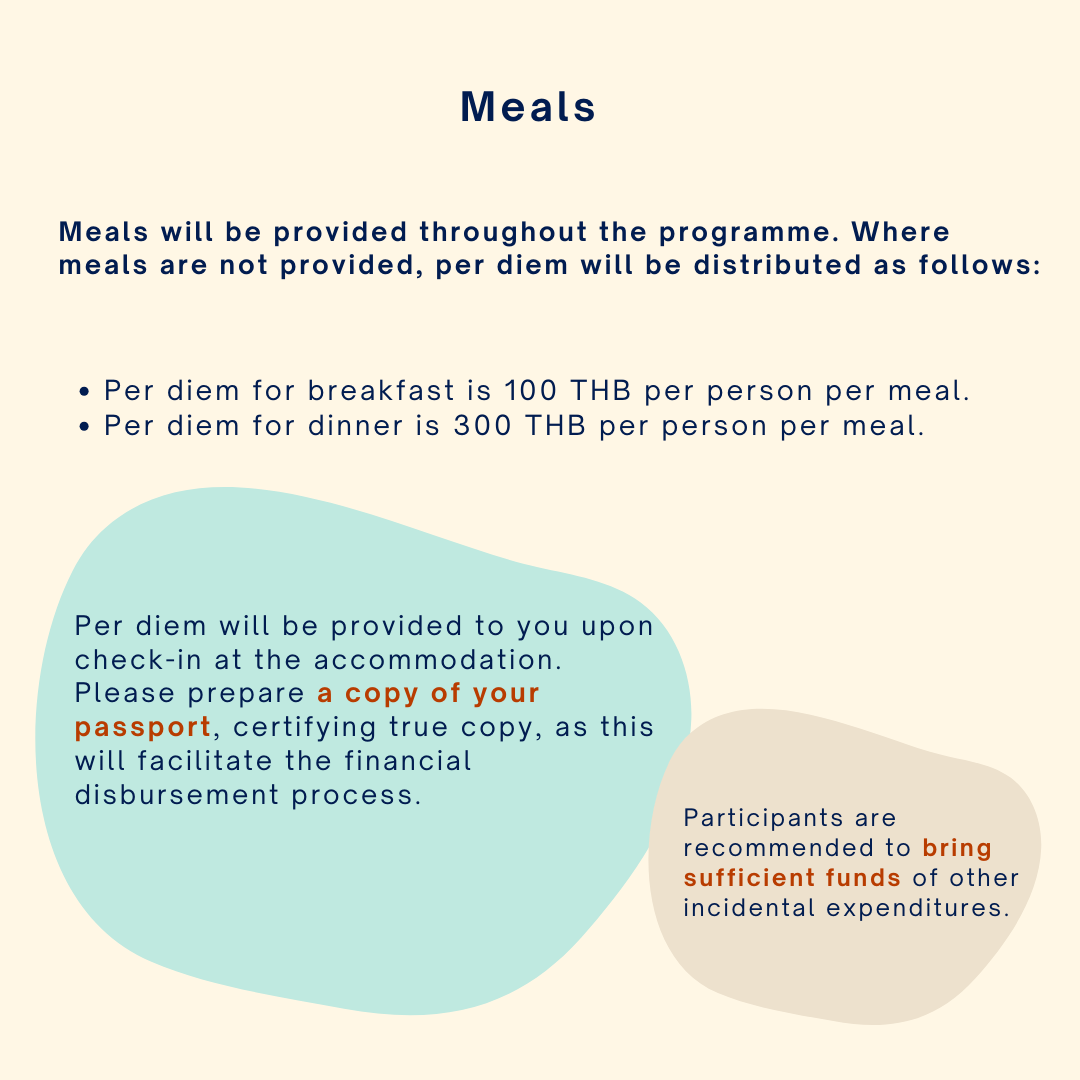
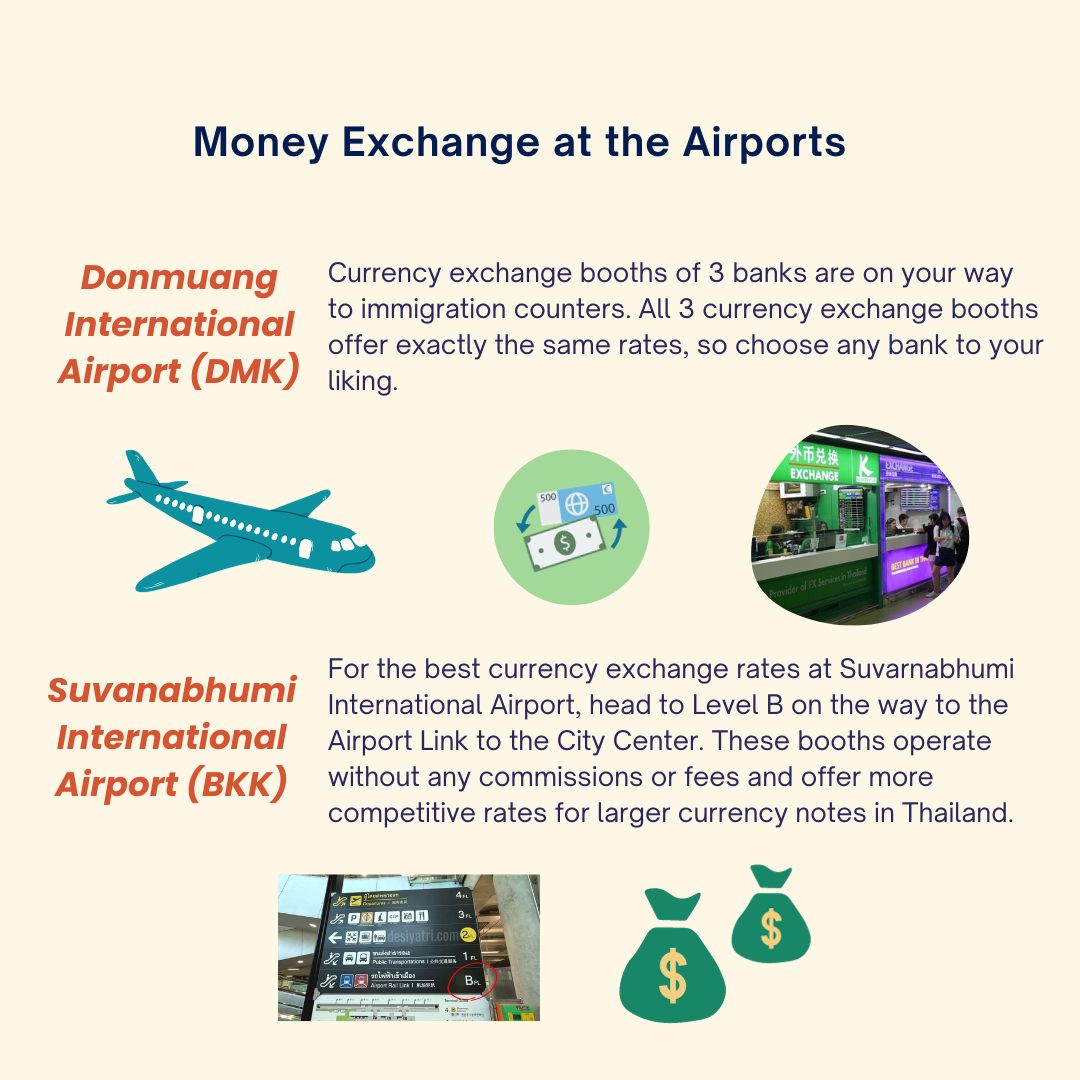
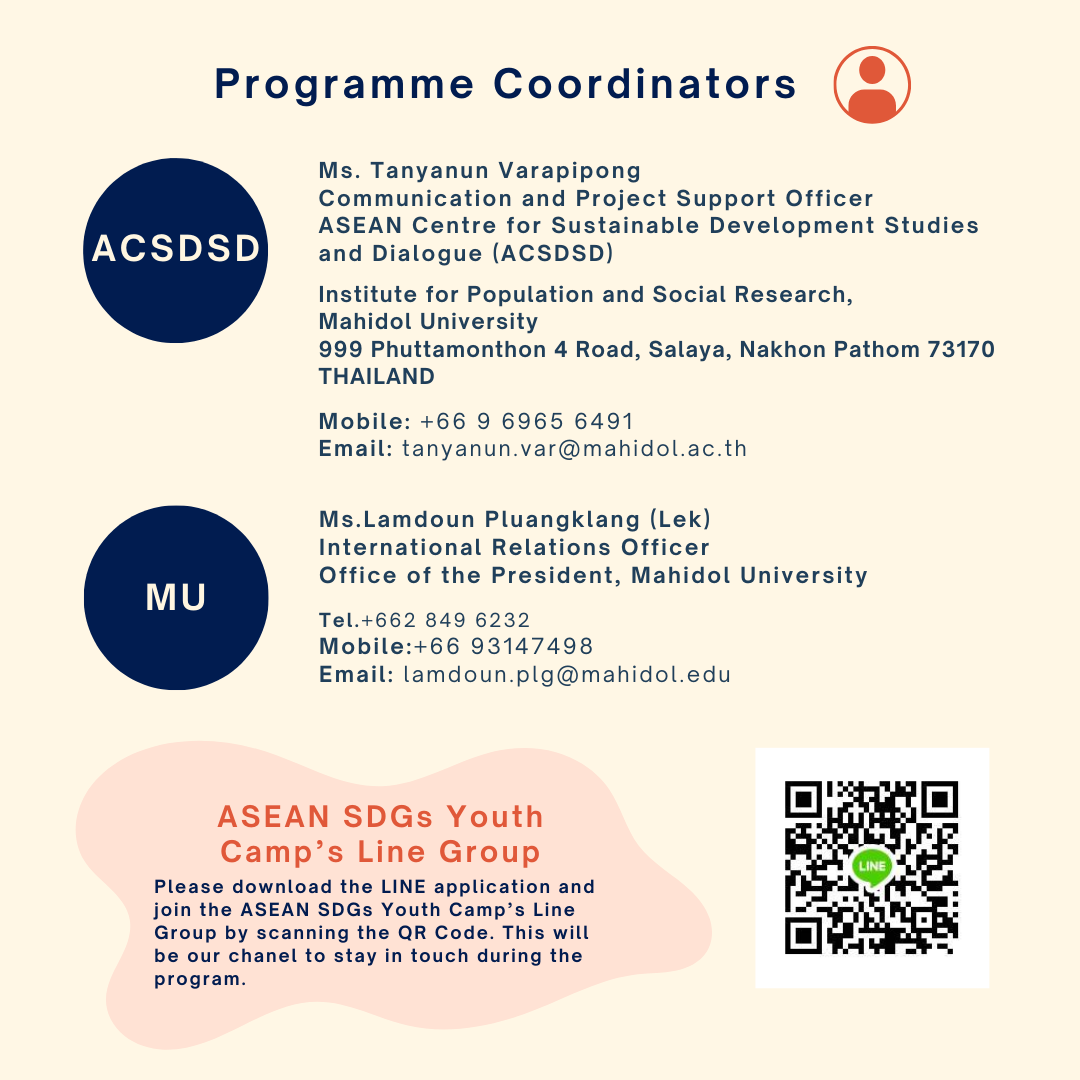
Our Latest Programs
For more information: International Relations Division, Office of the President, Mahidol University
Ms. Lamdoun Pluangklang | Tel: 02 849 6236 | Email: lamdoun.plg@mahidol.edu | Facebook: http://www.facebook.com/OPINTER.mahidol


